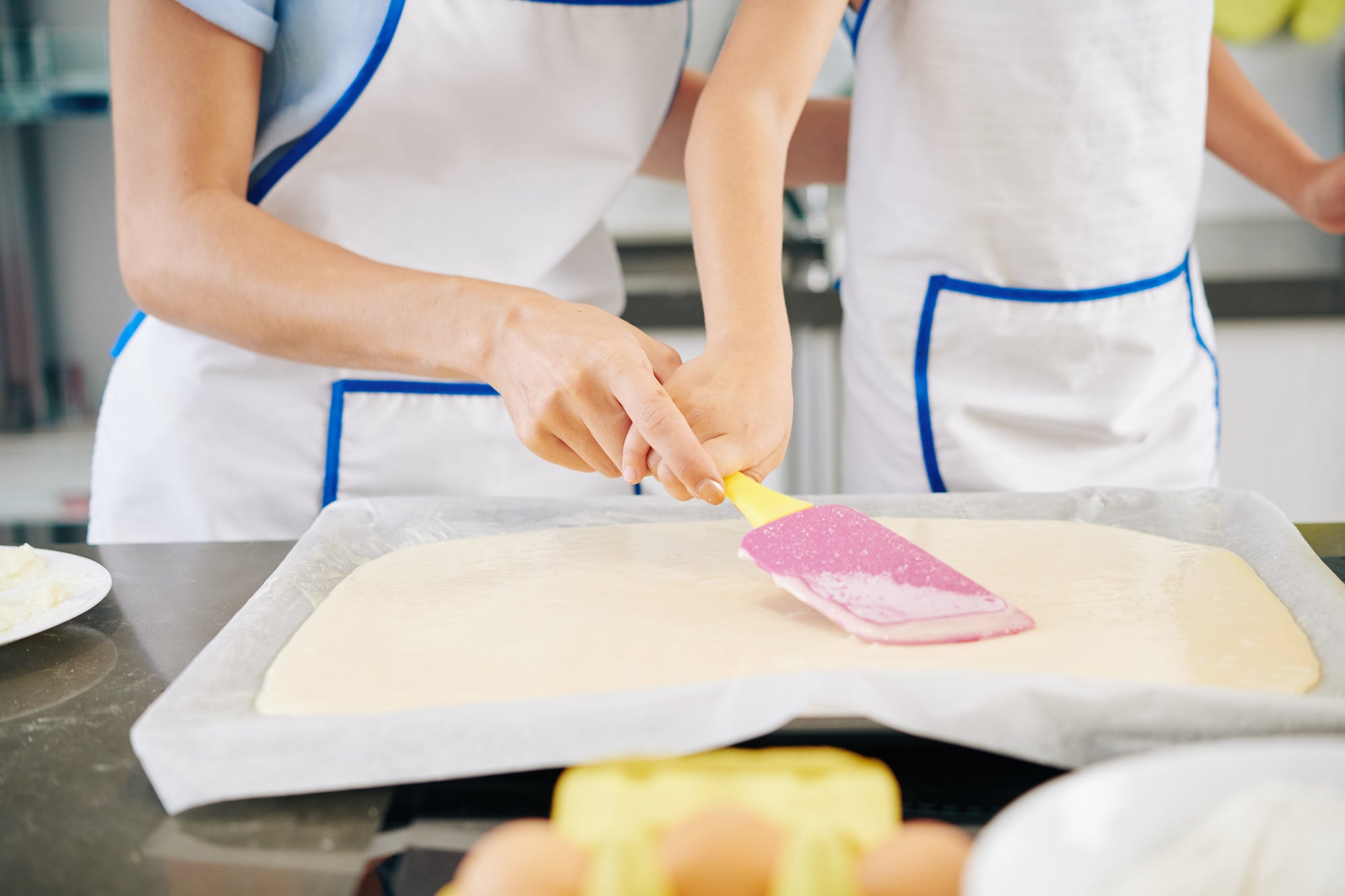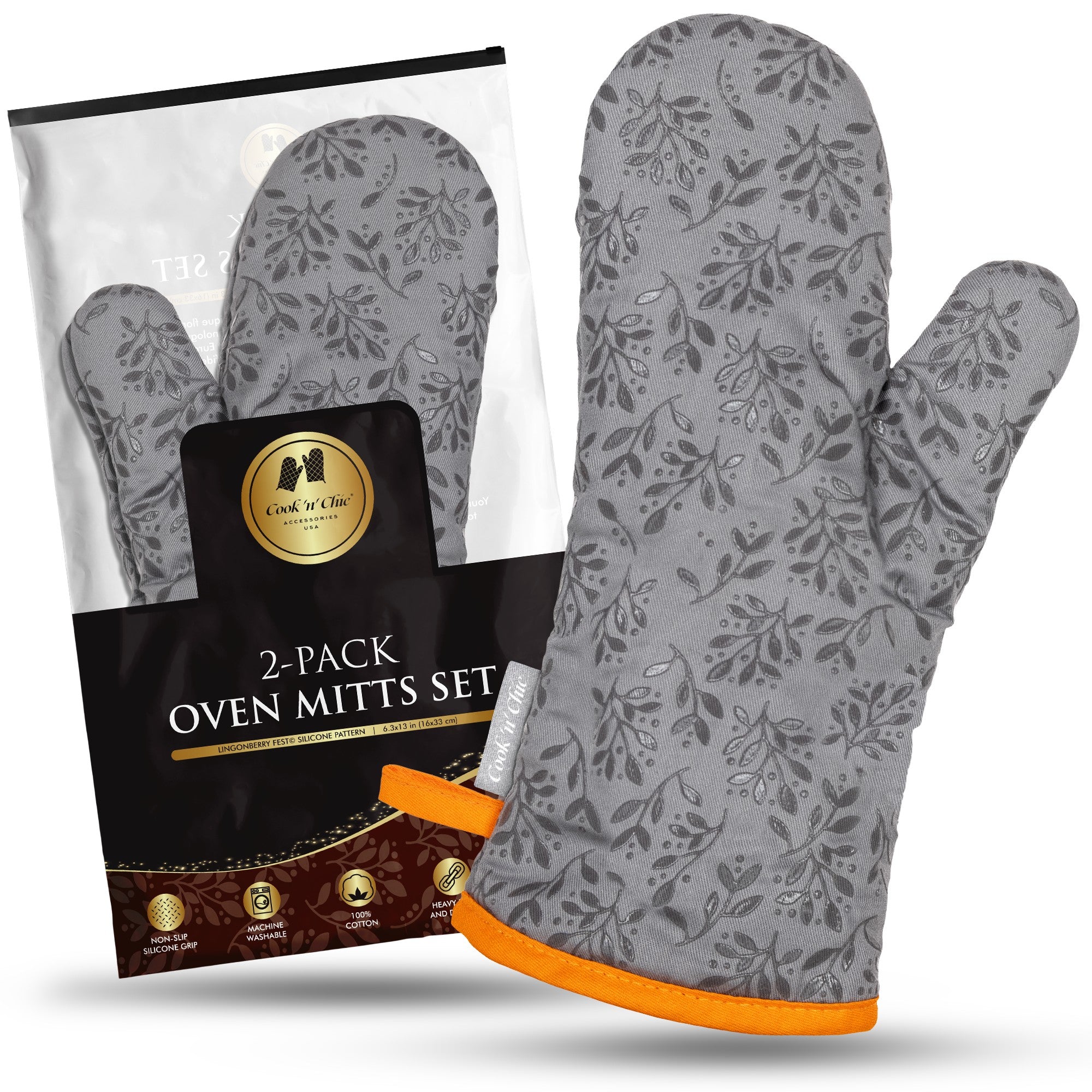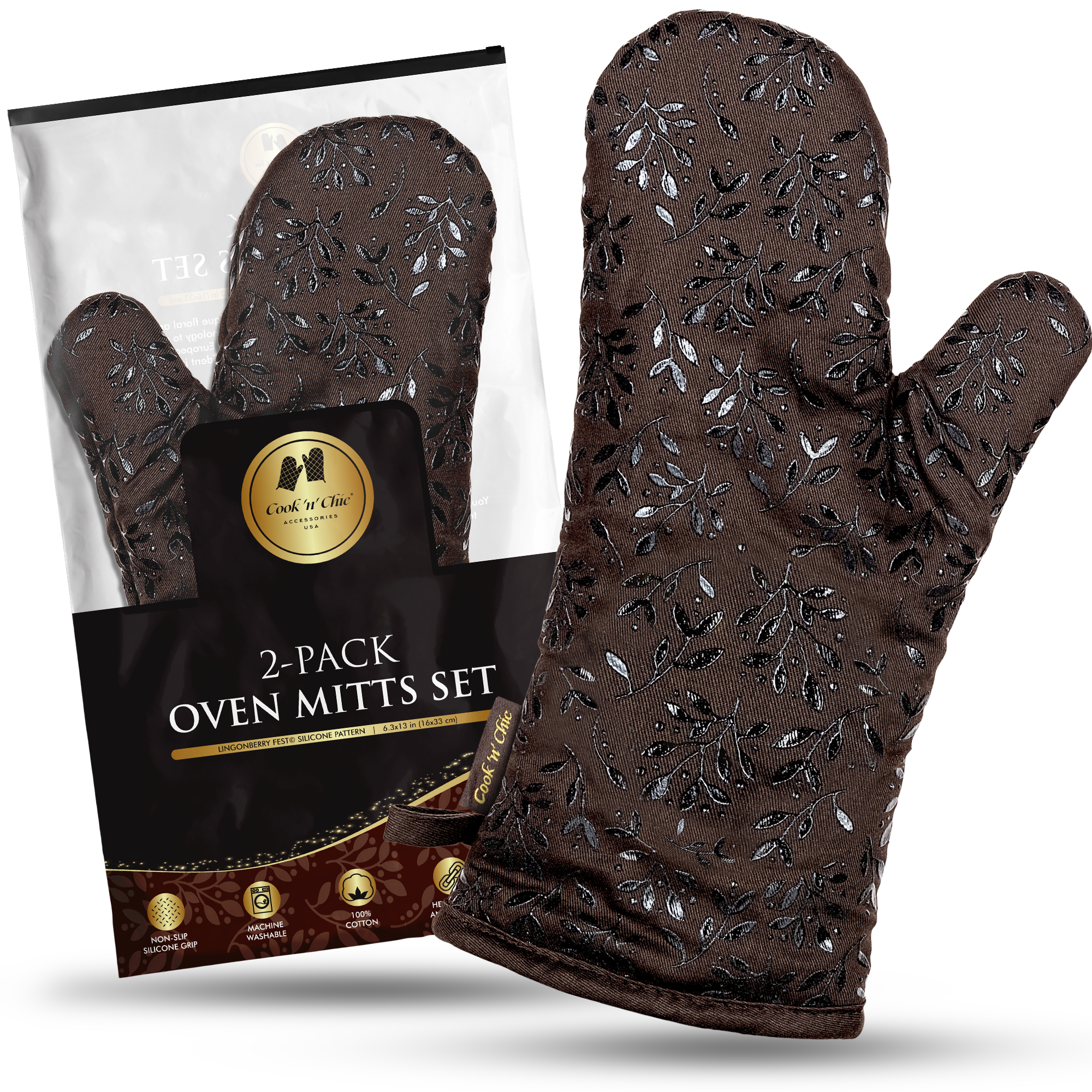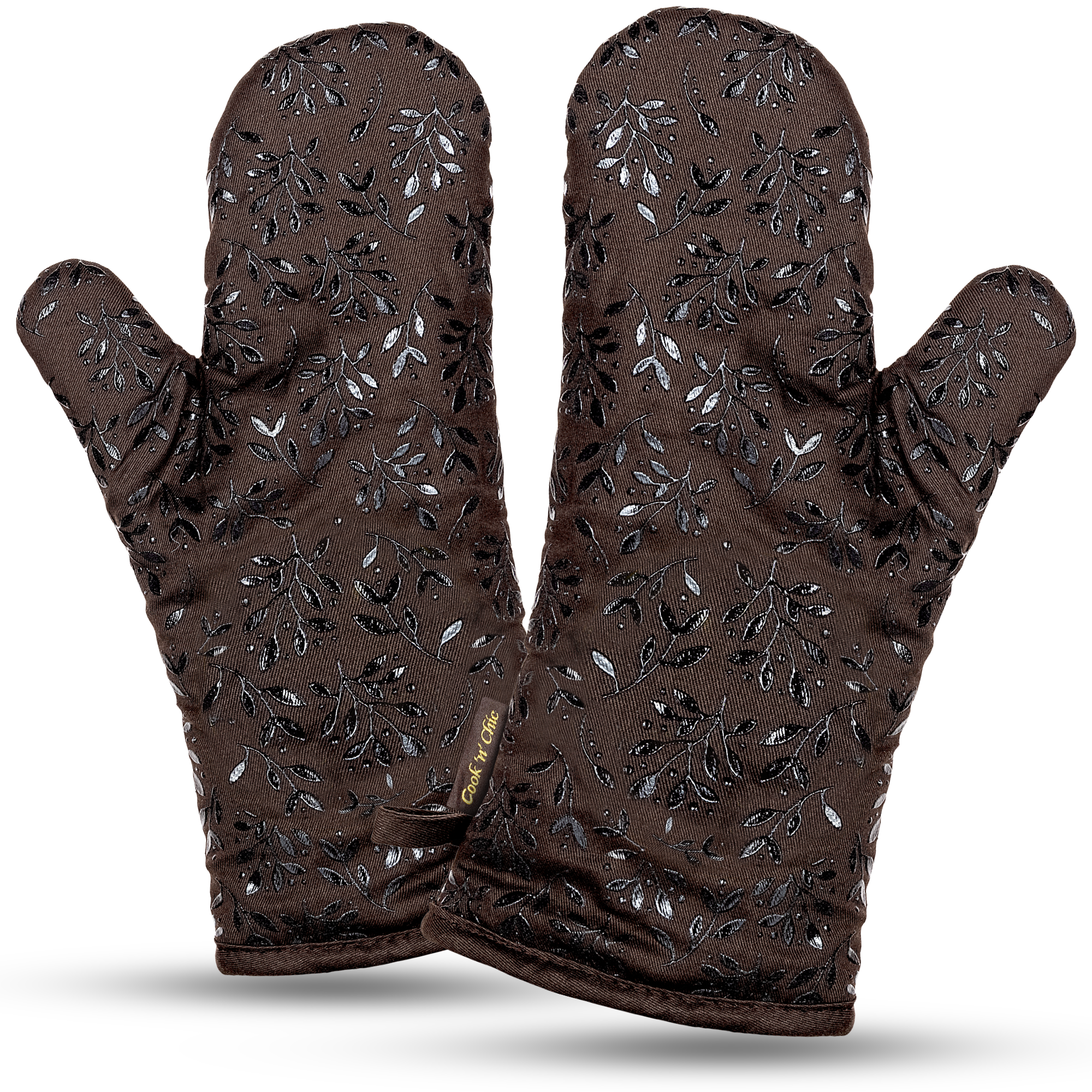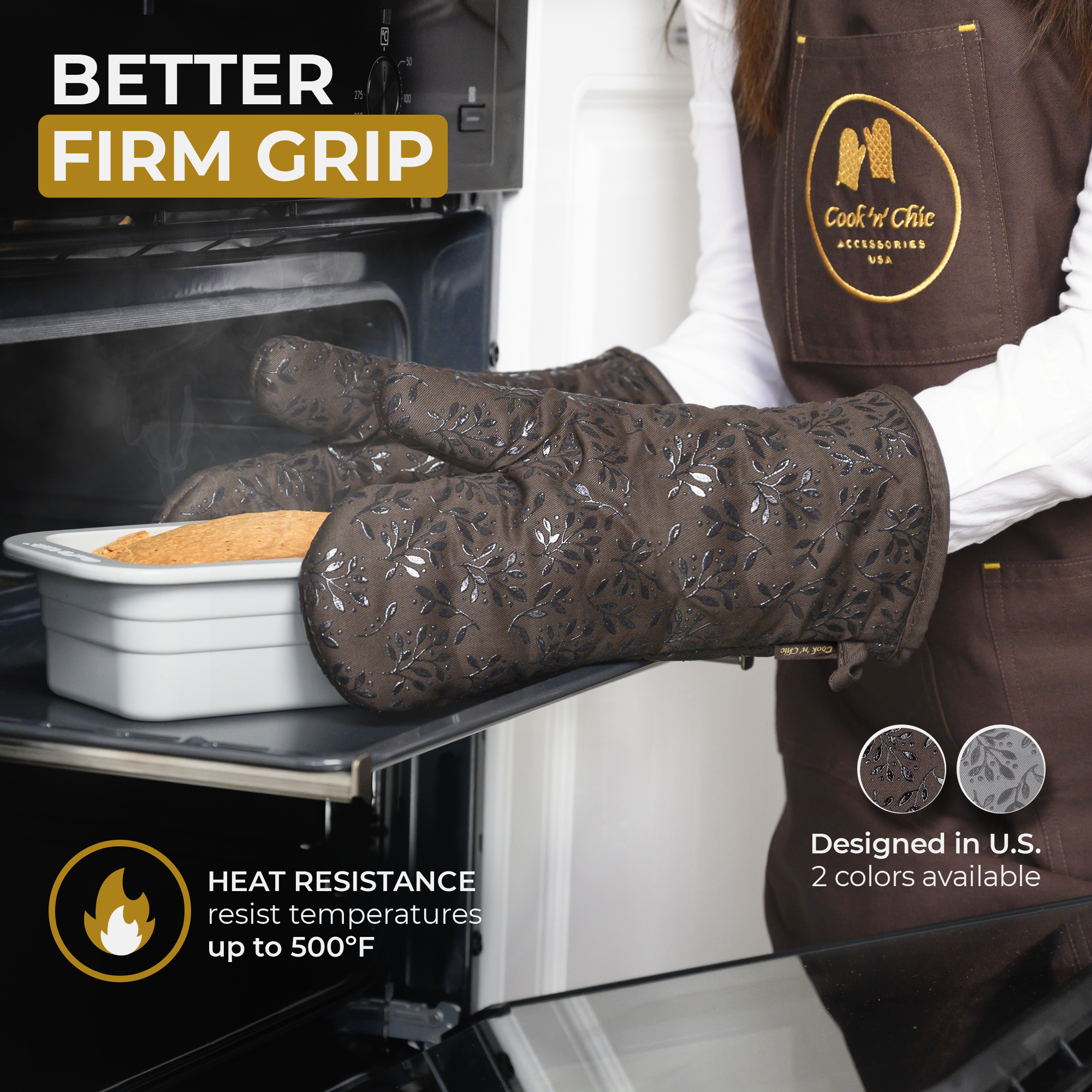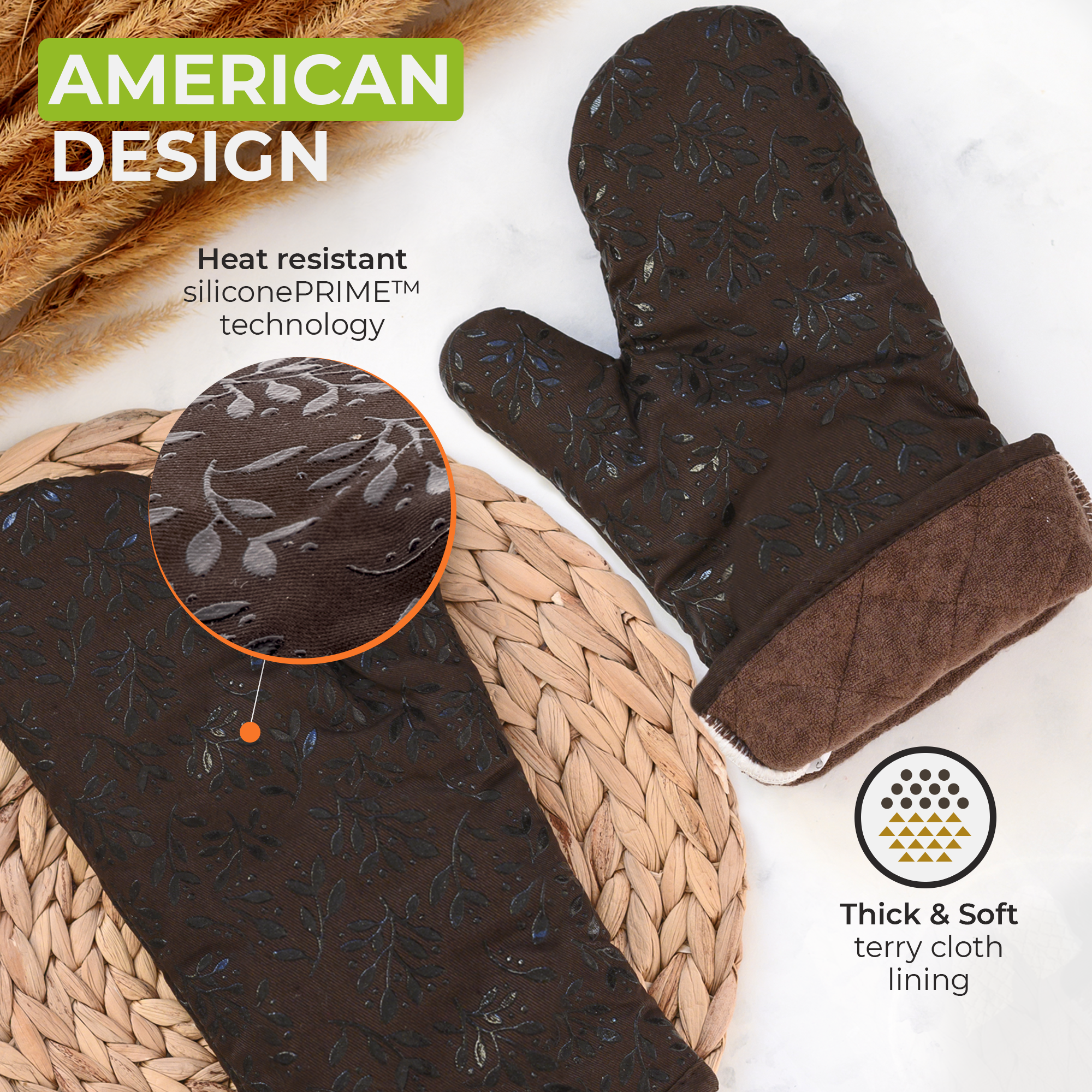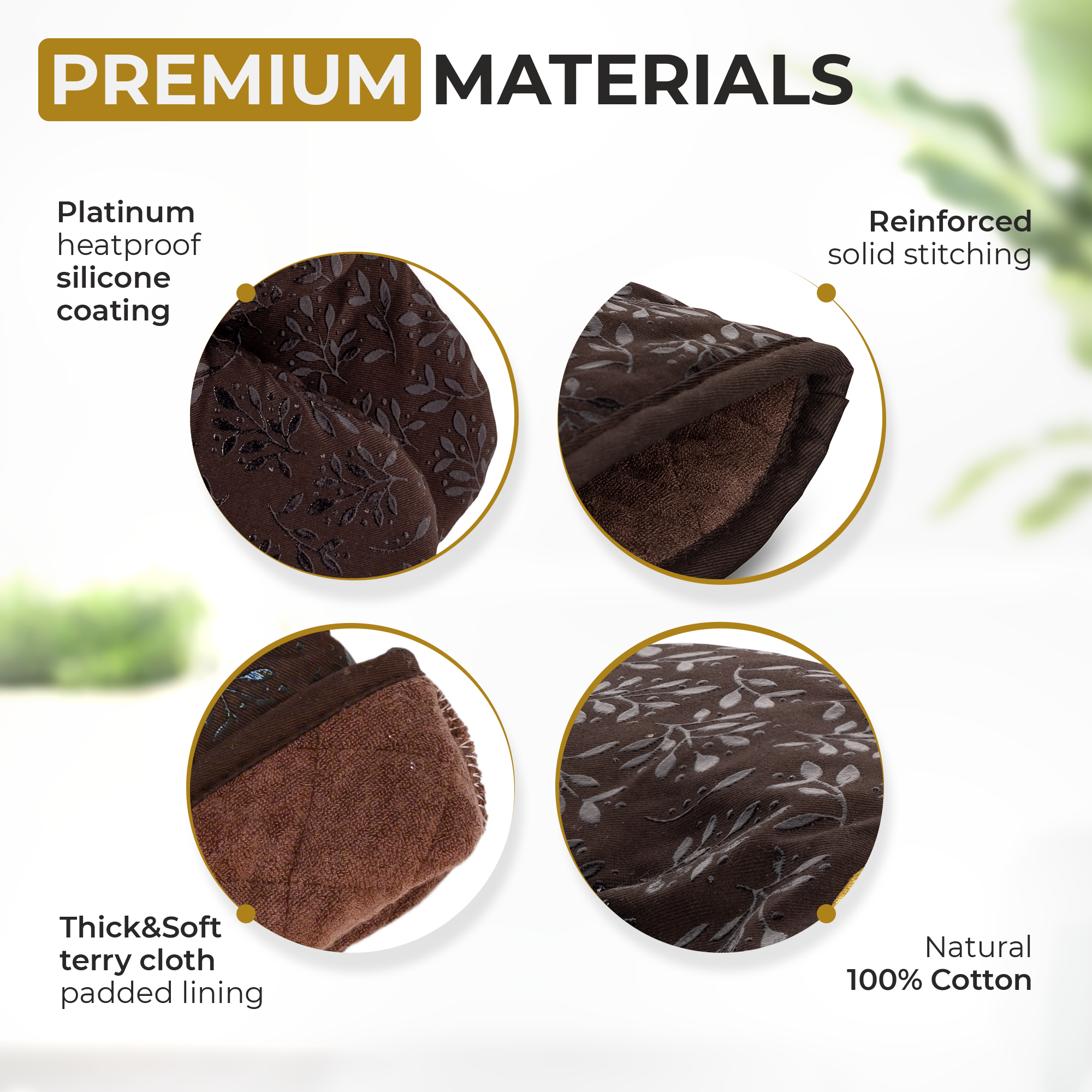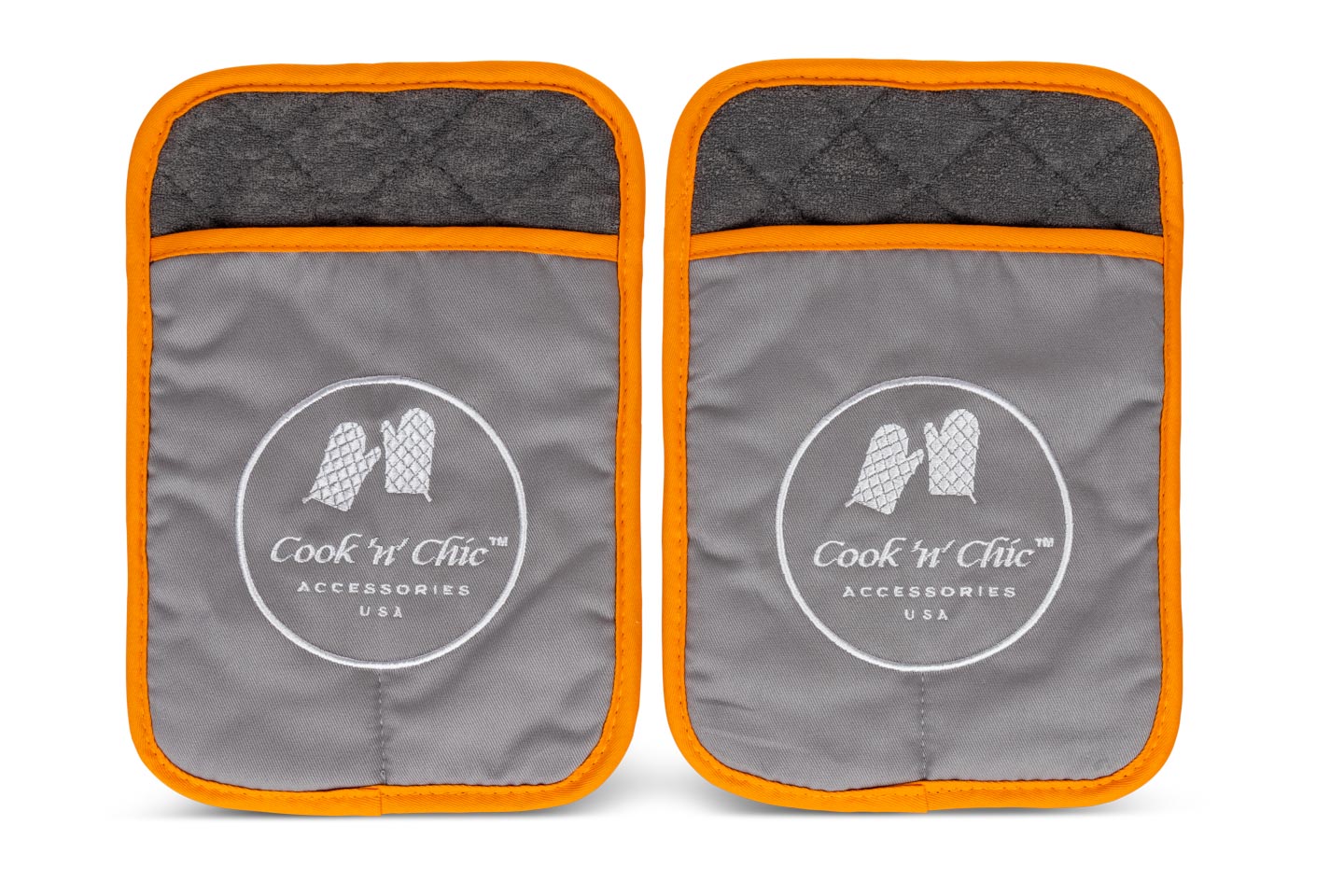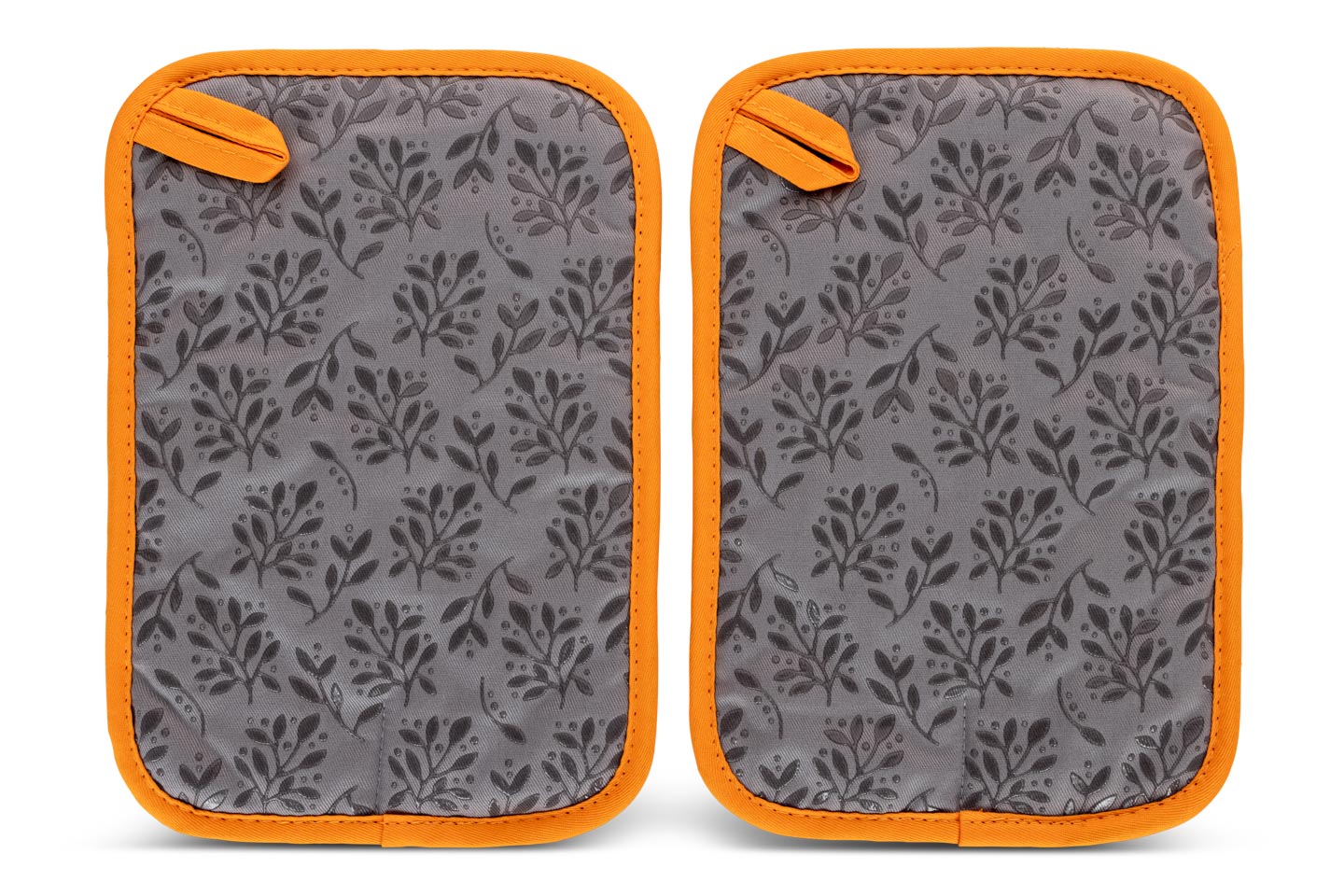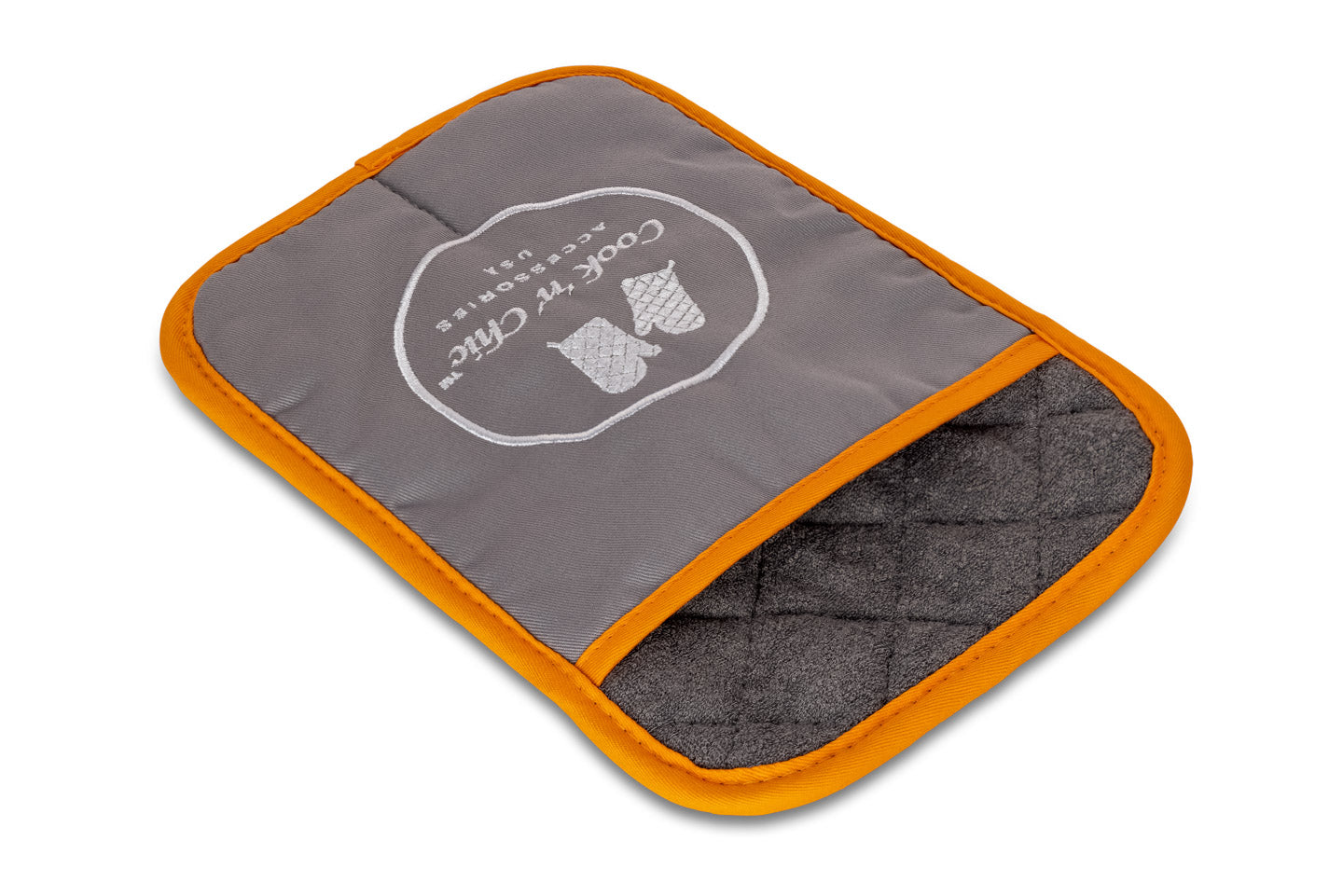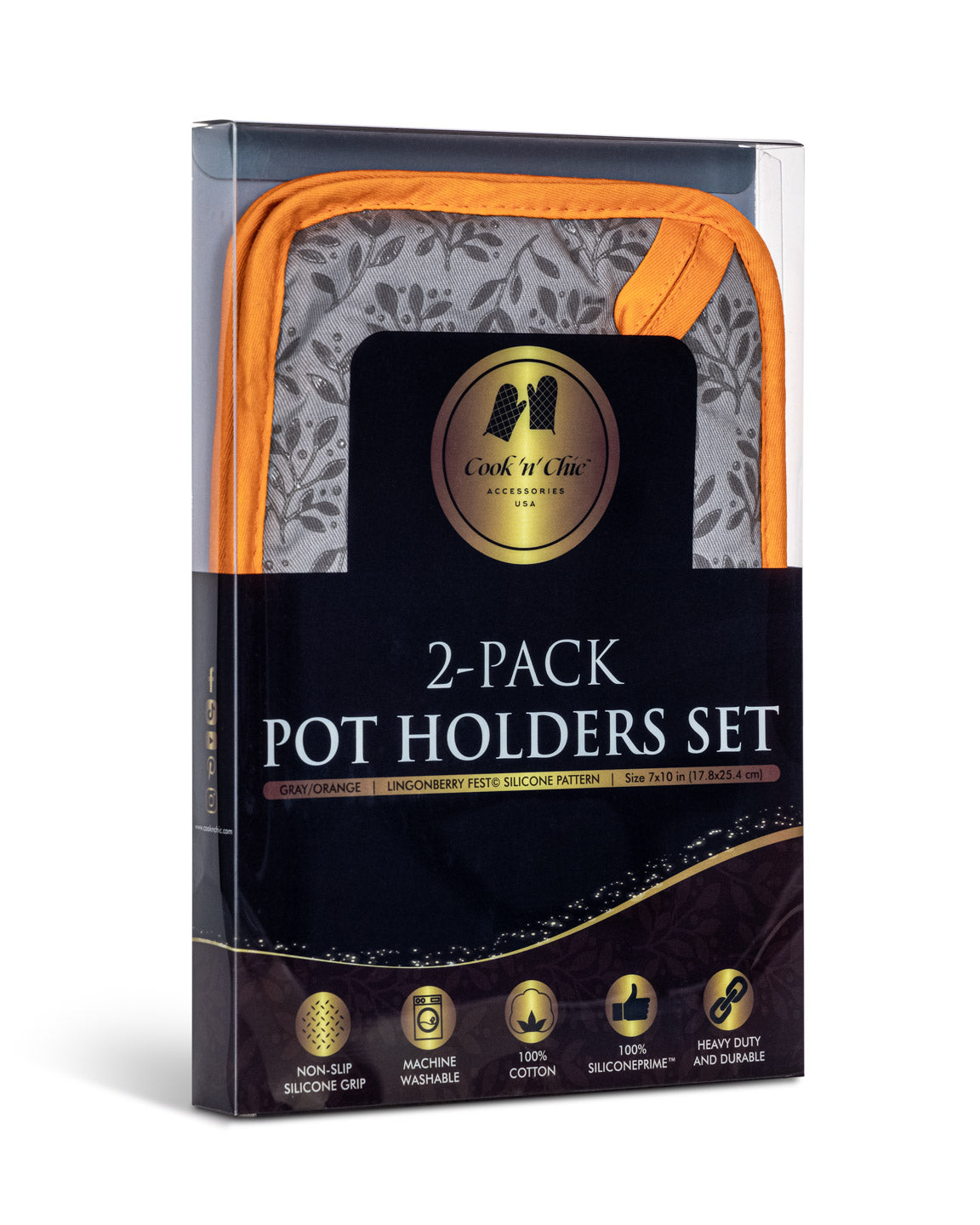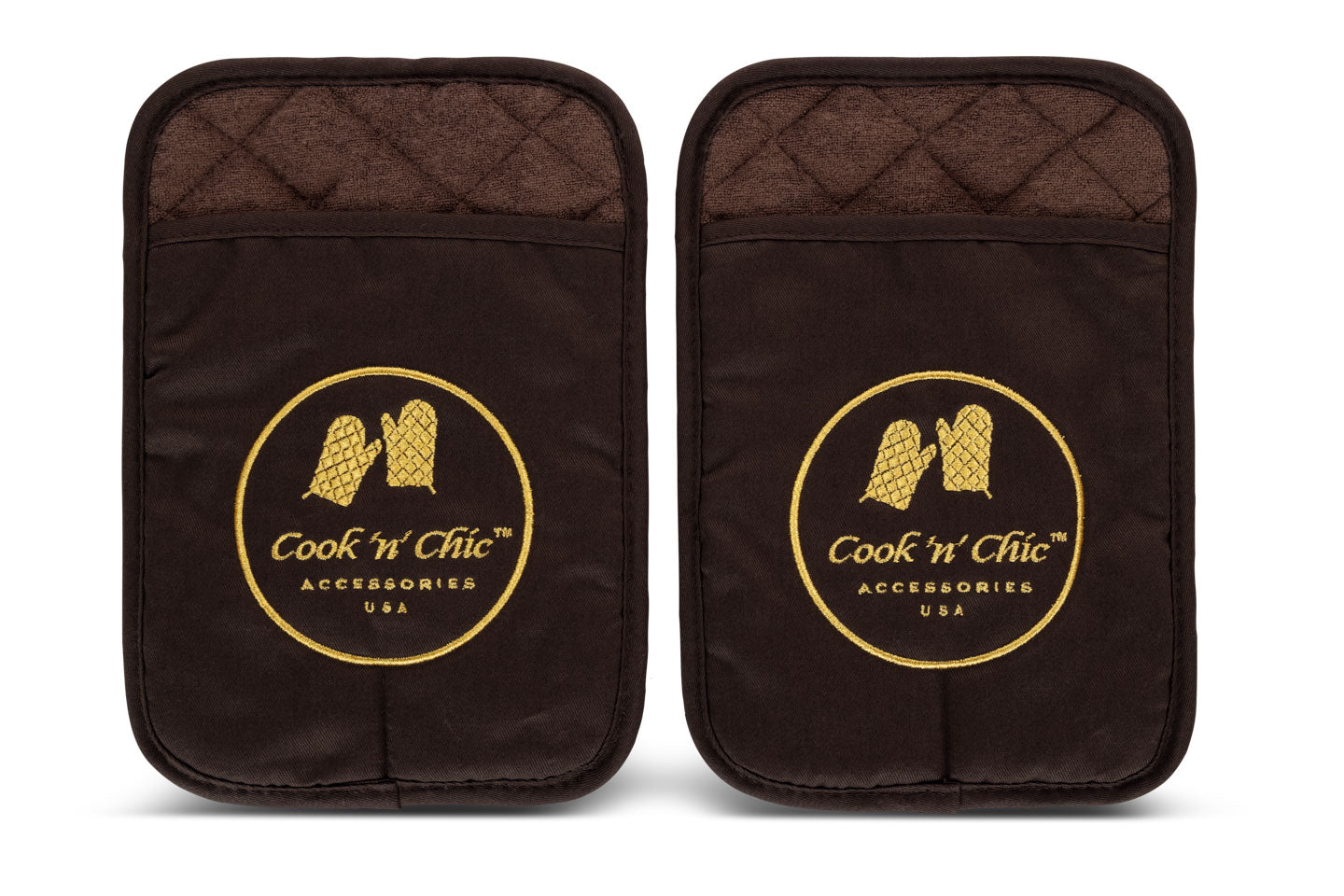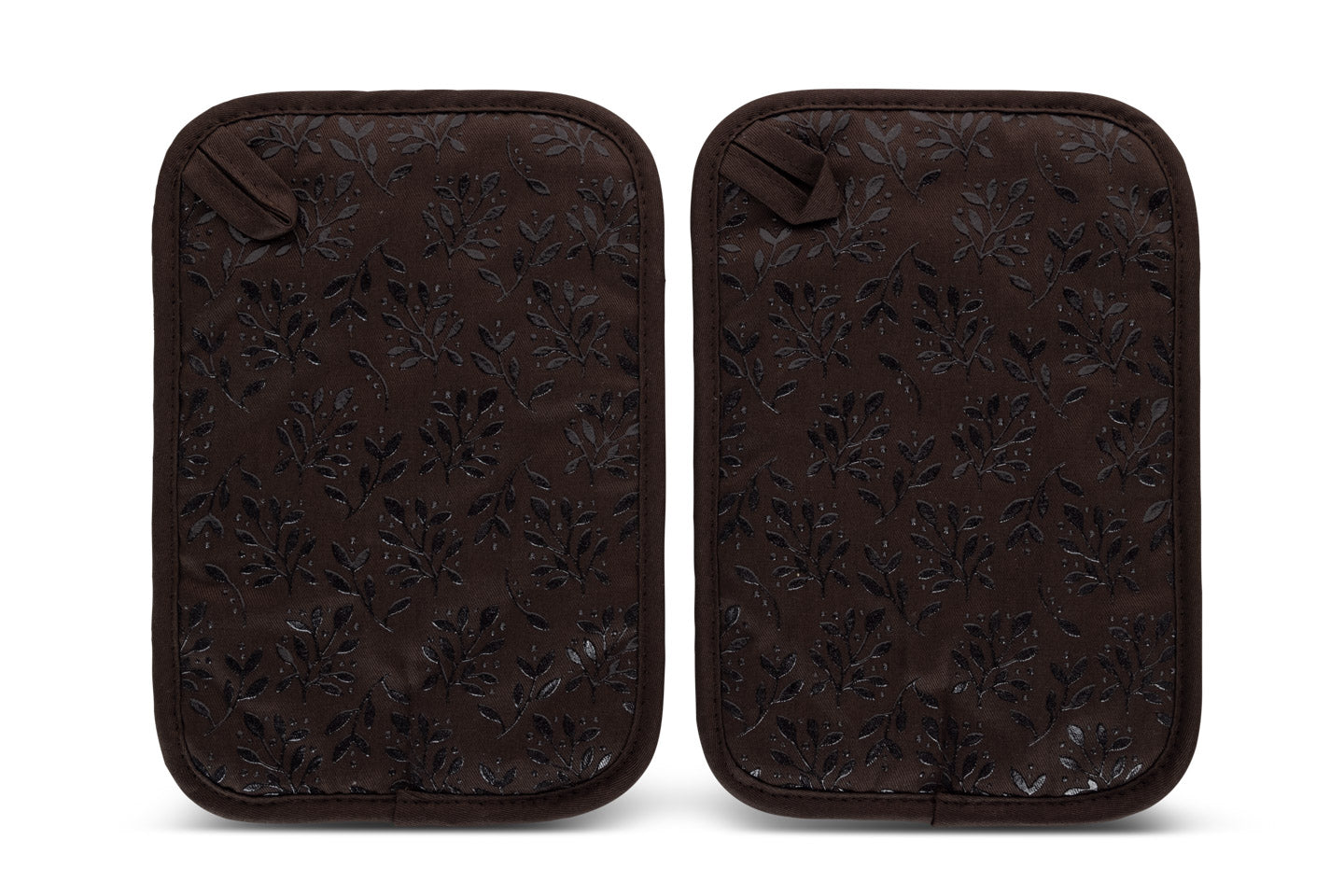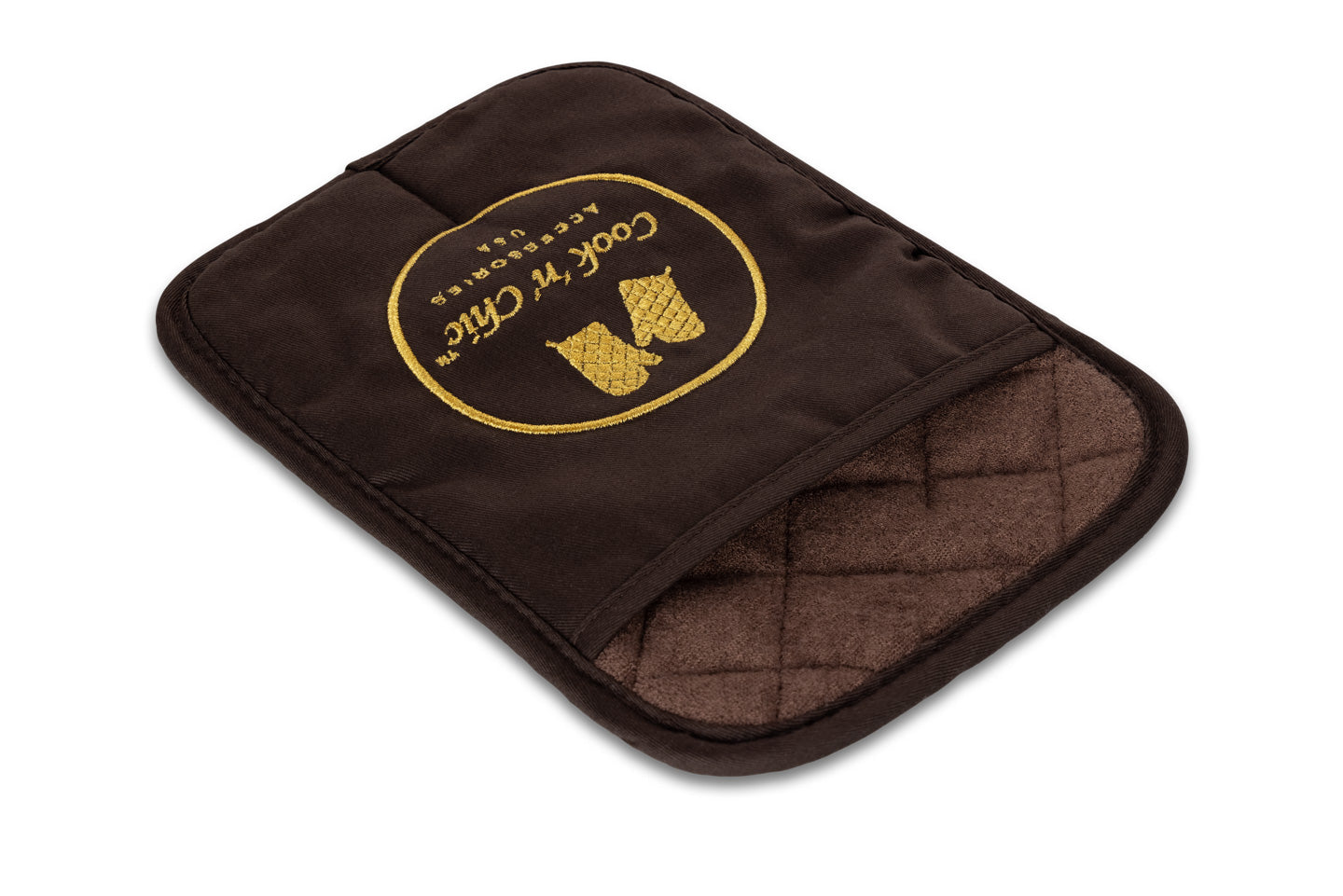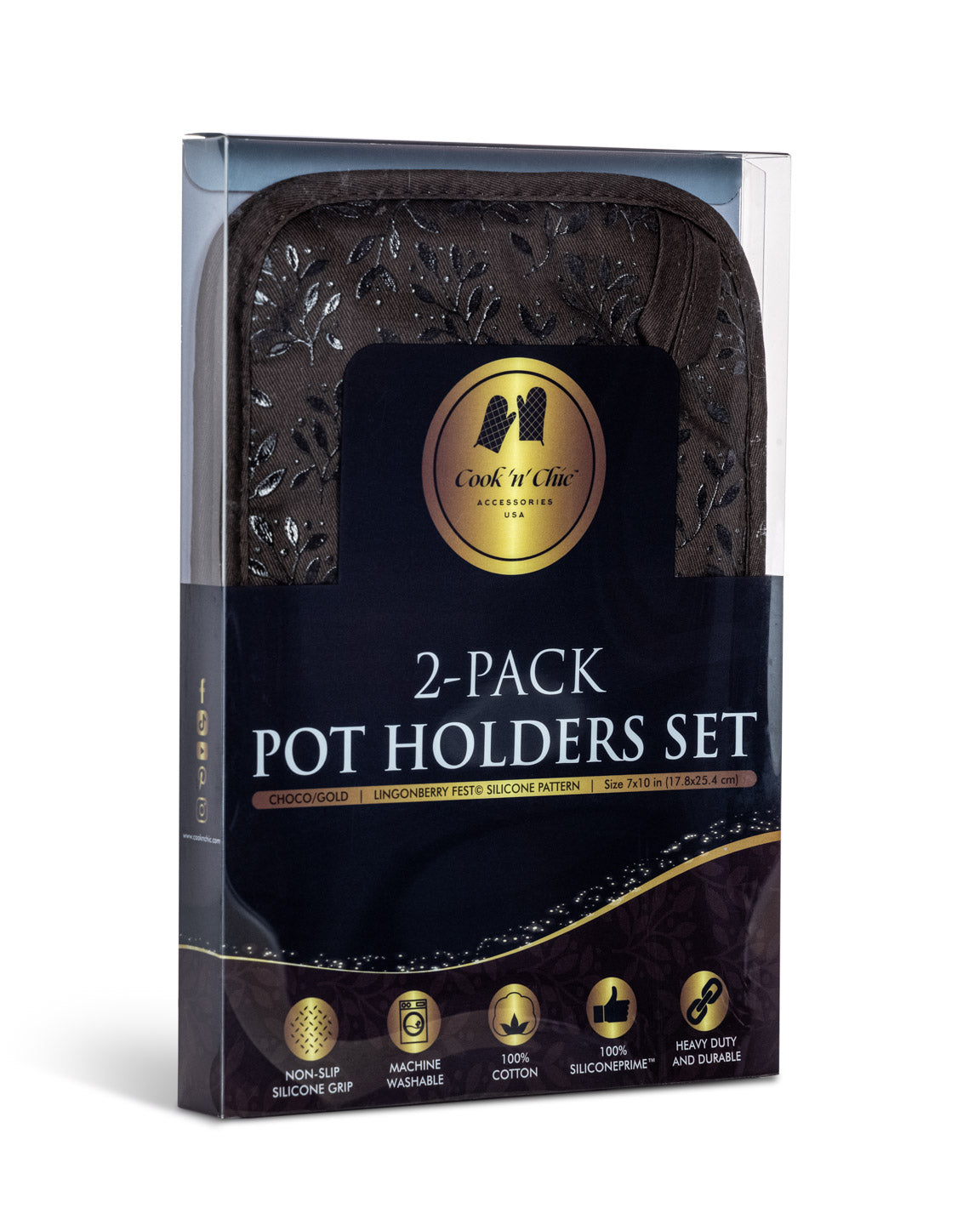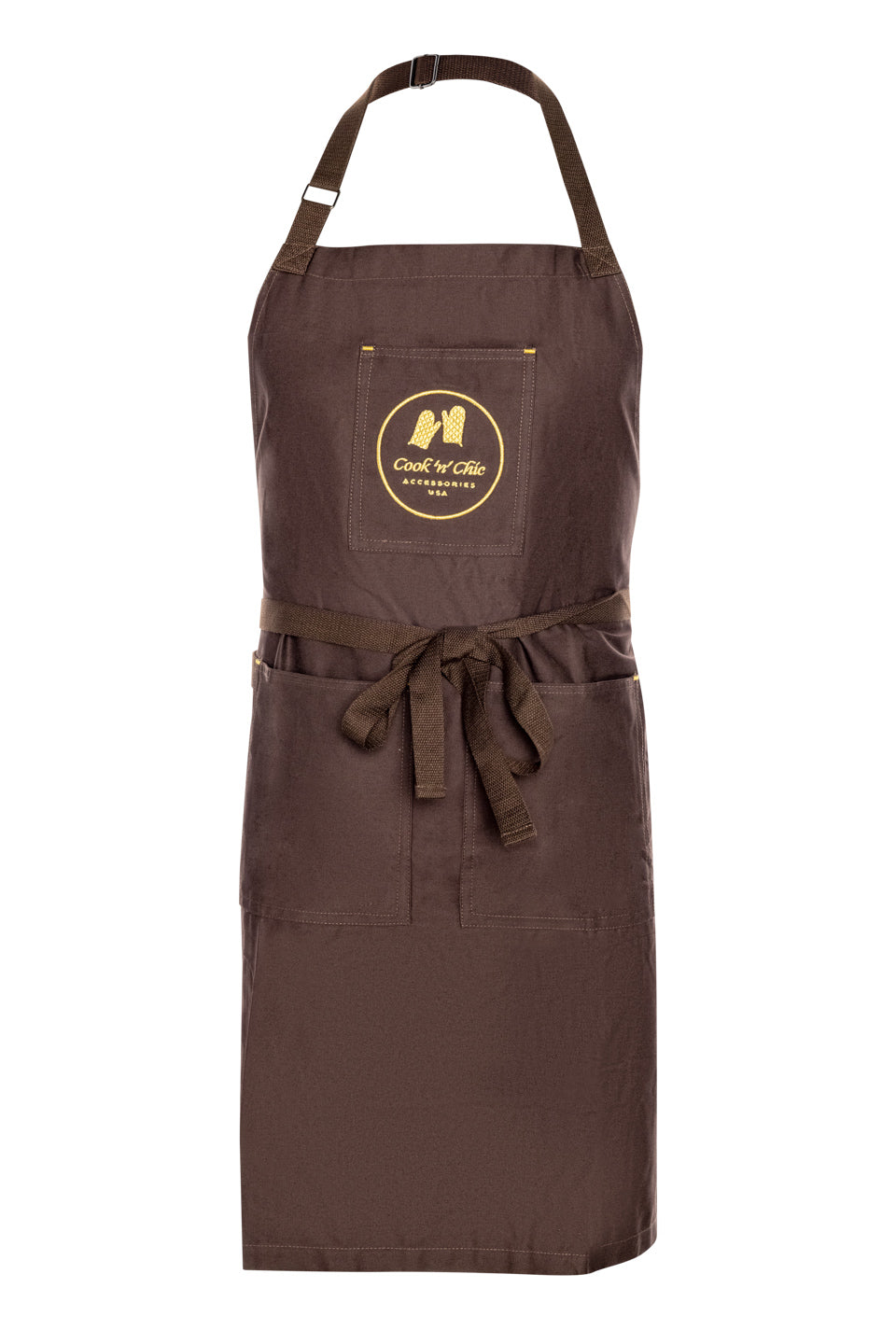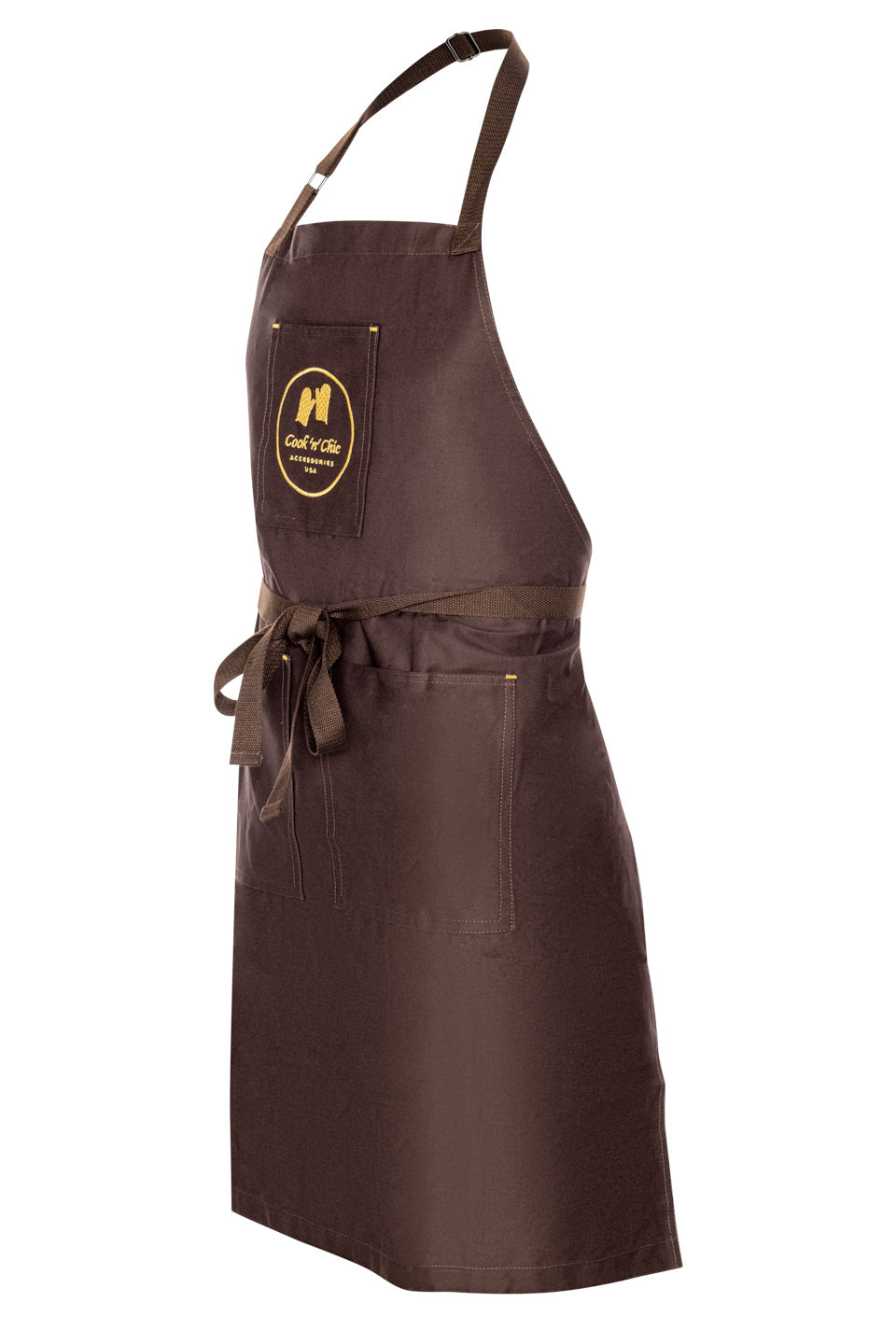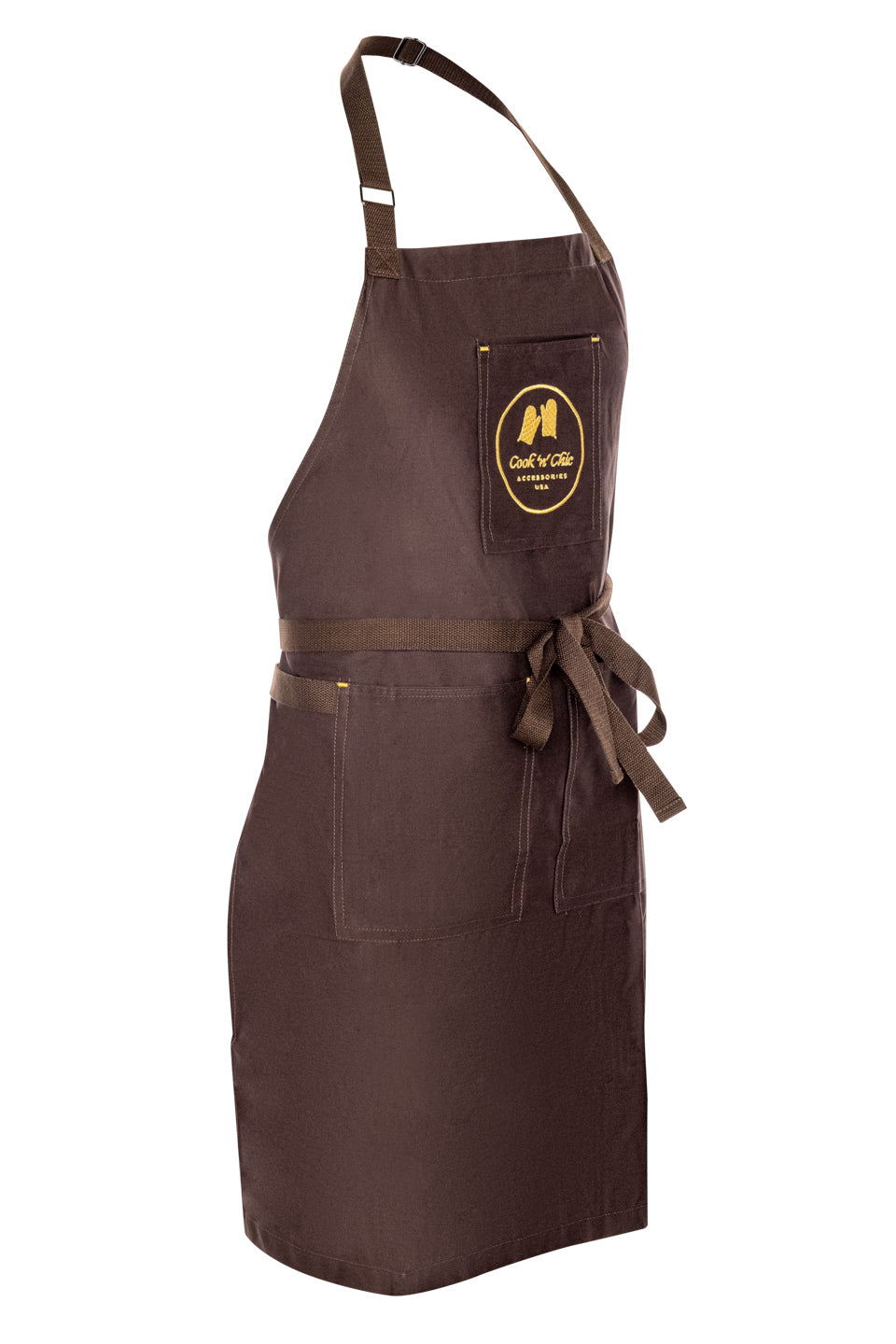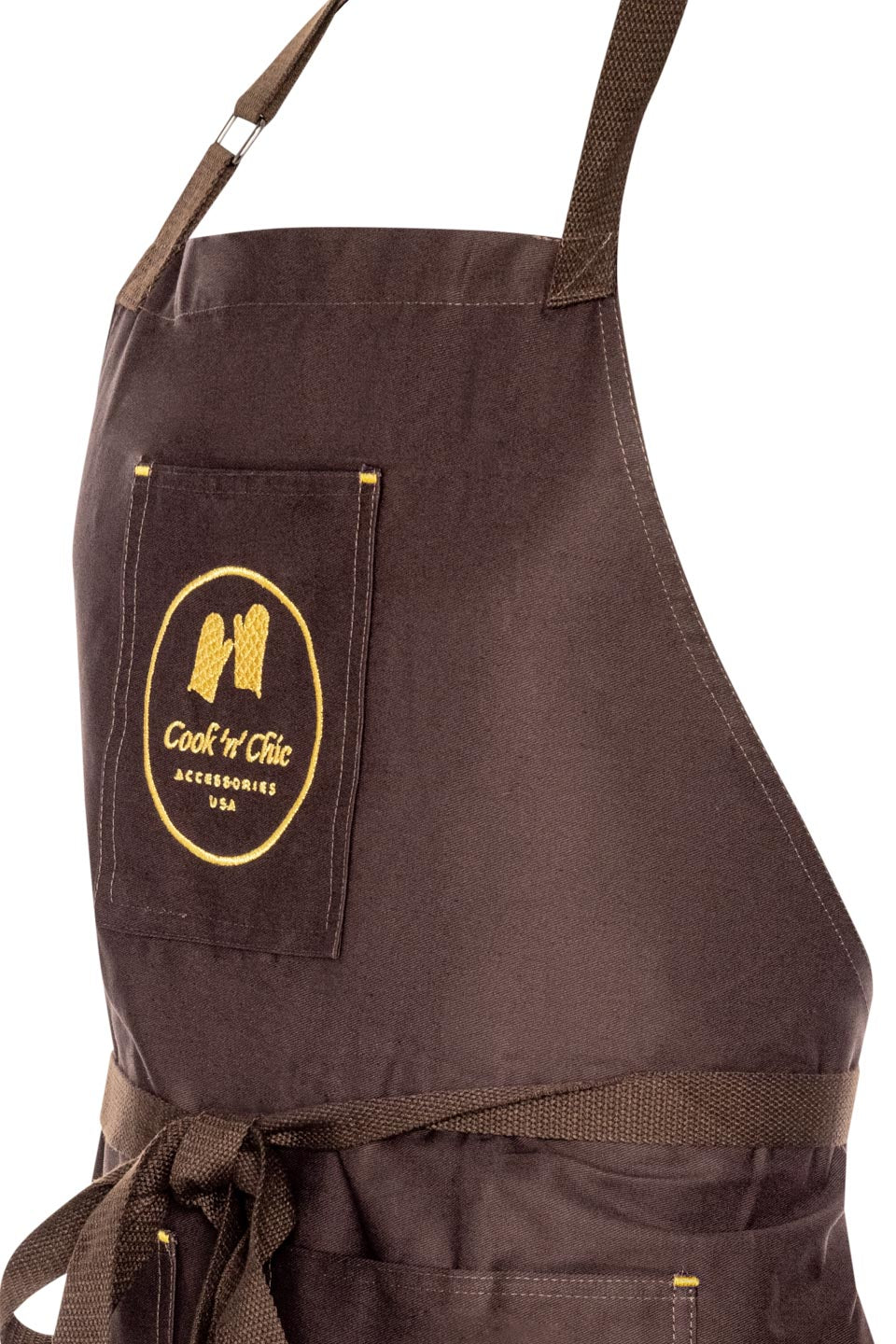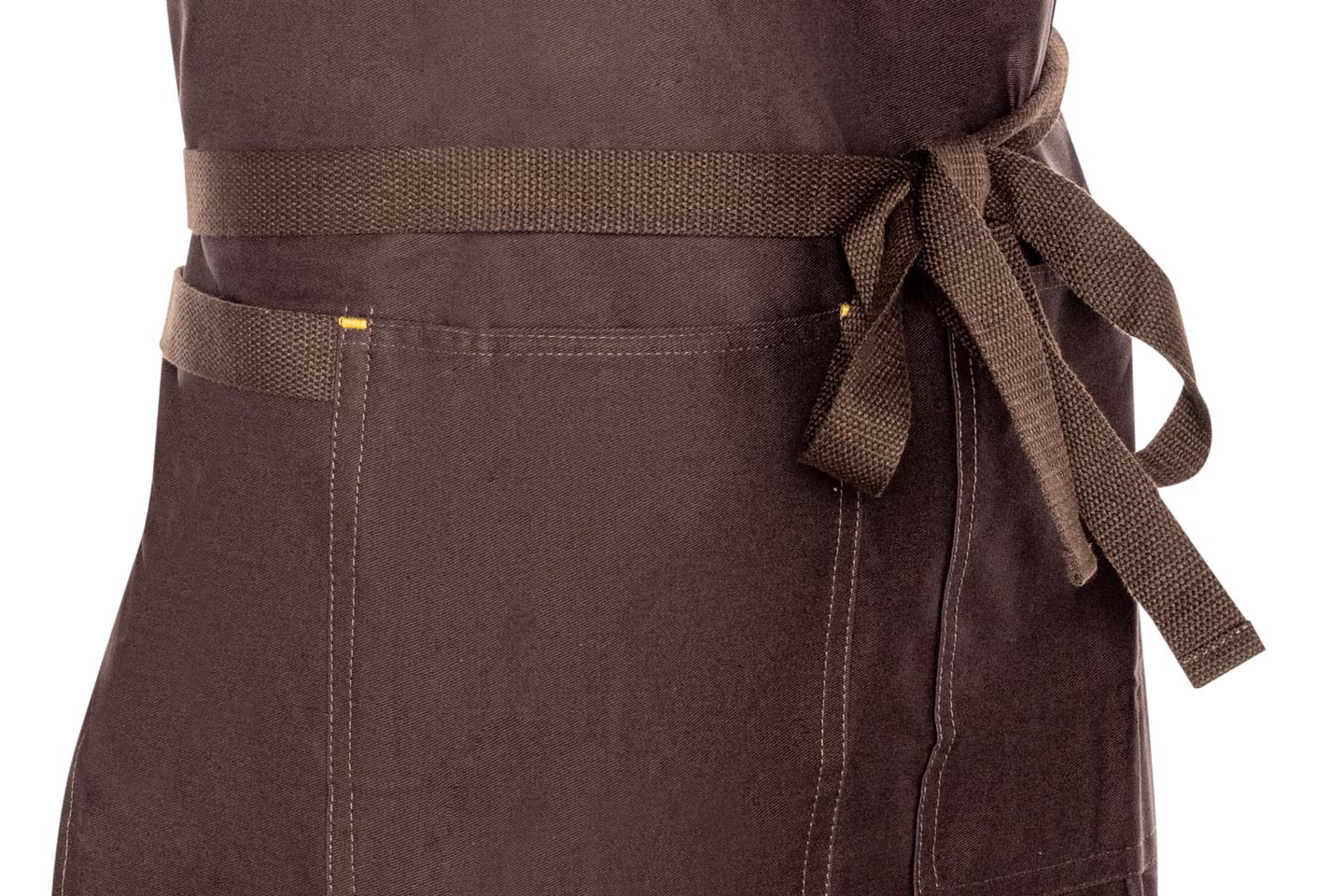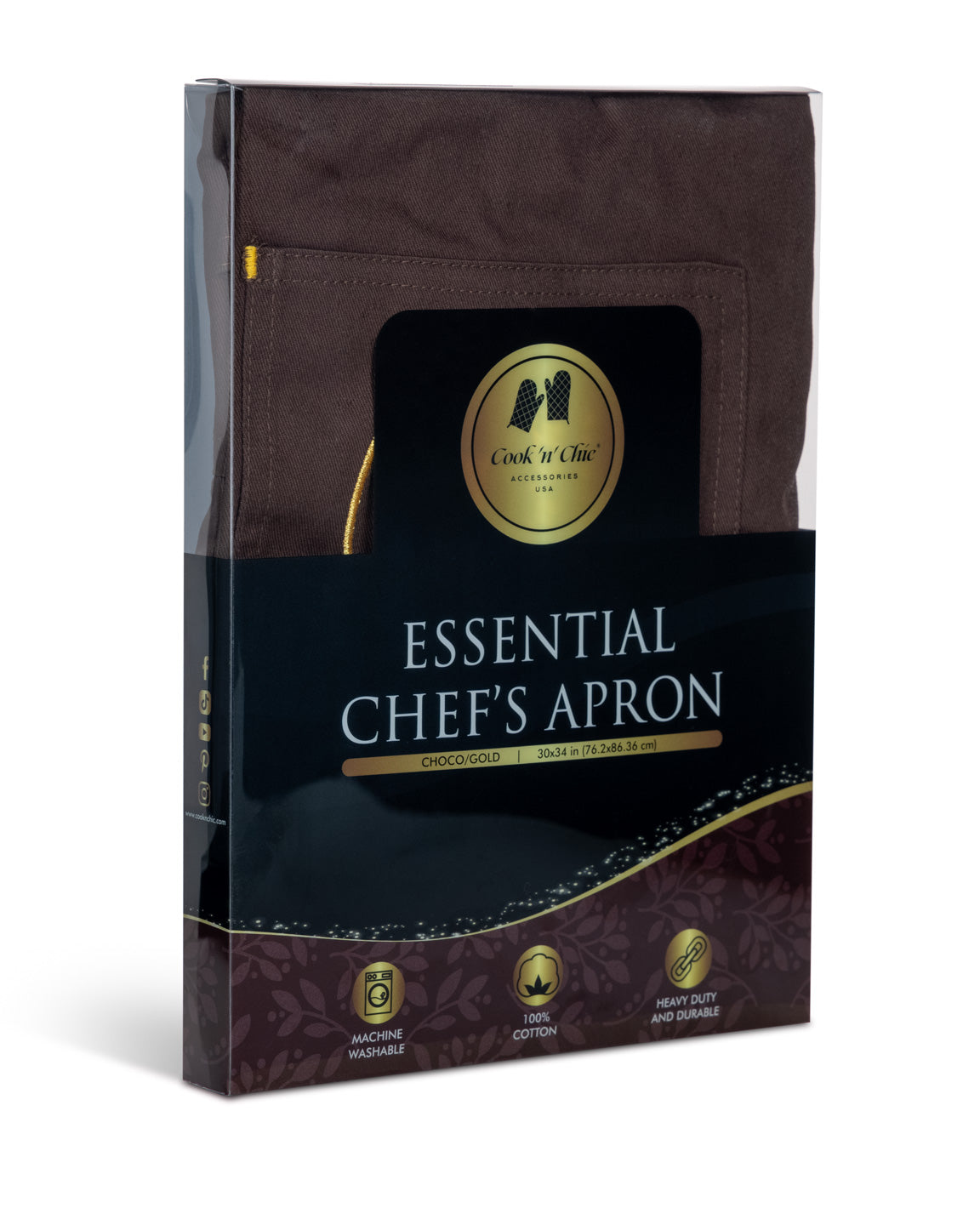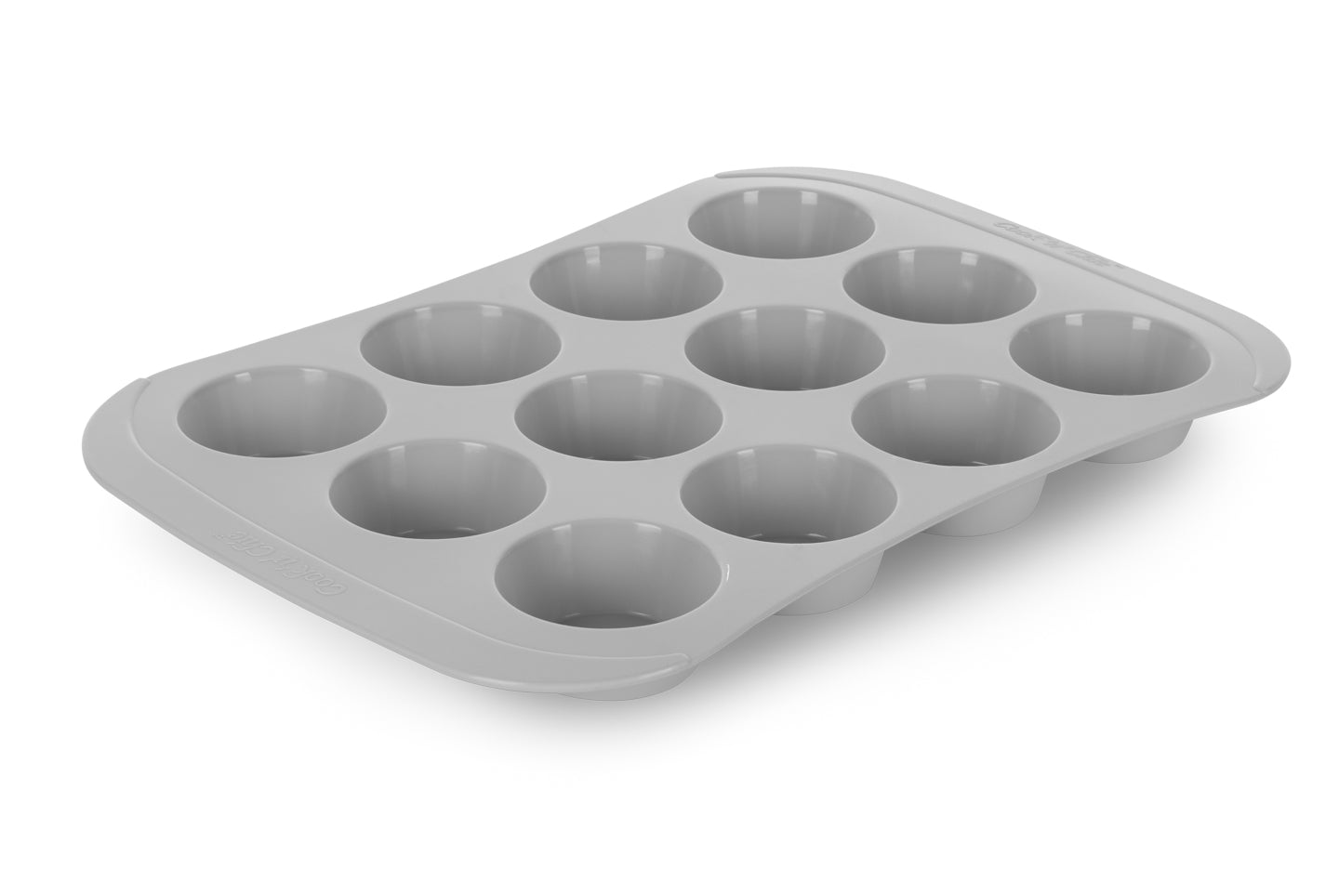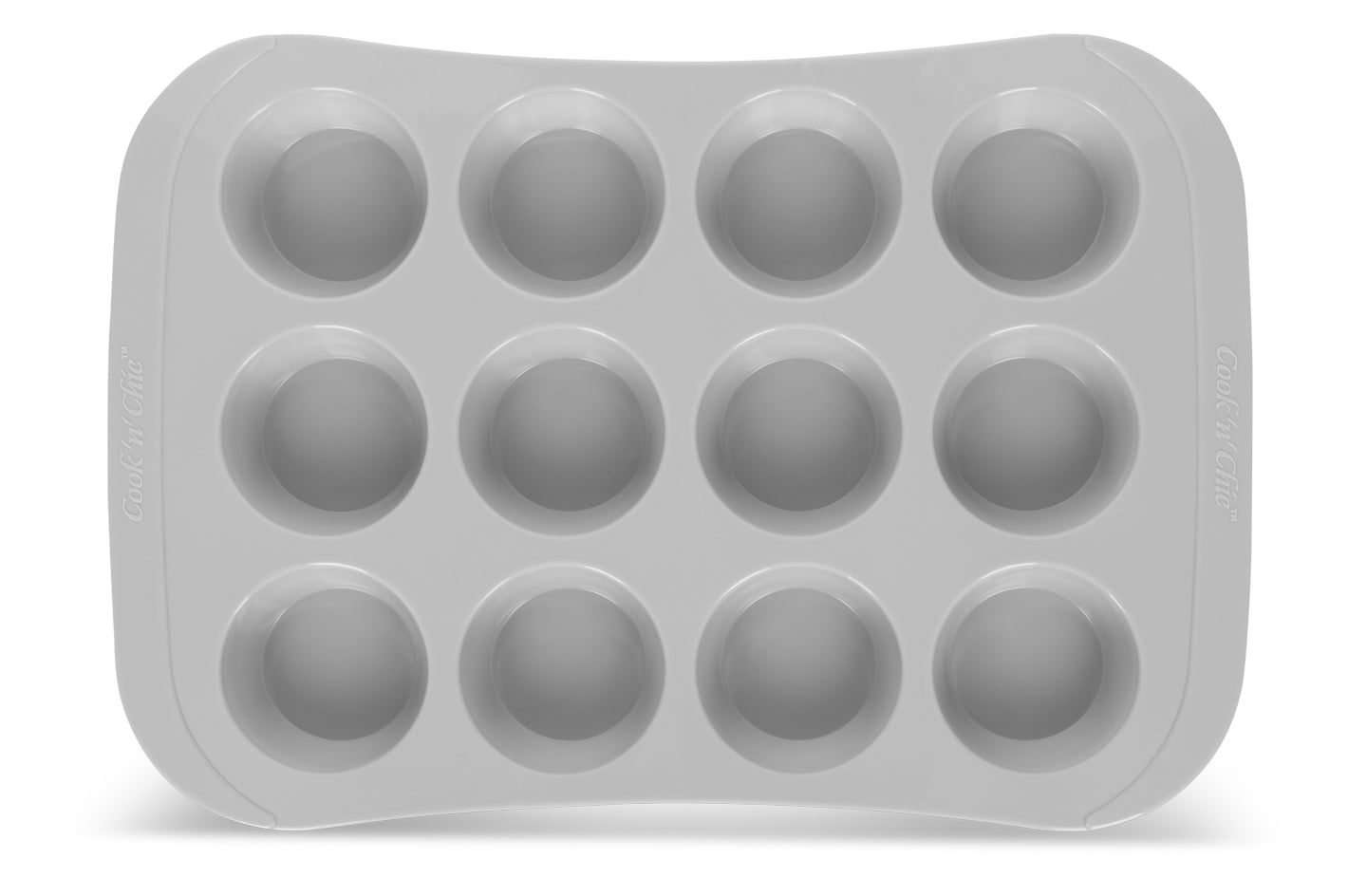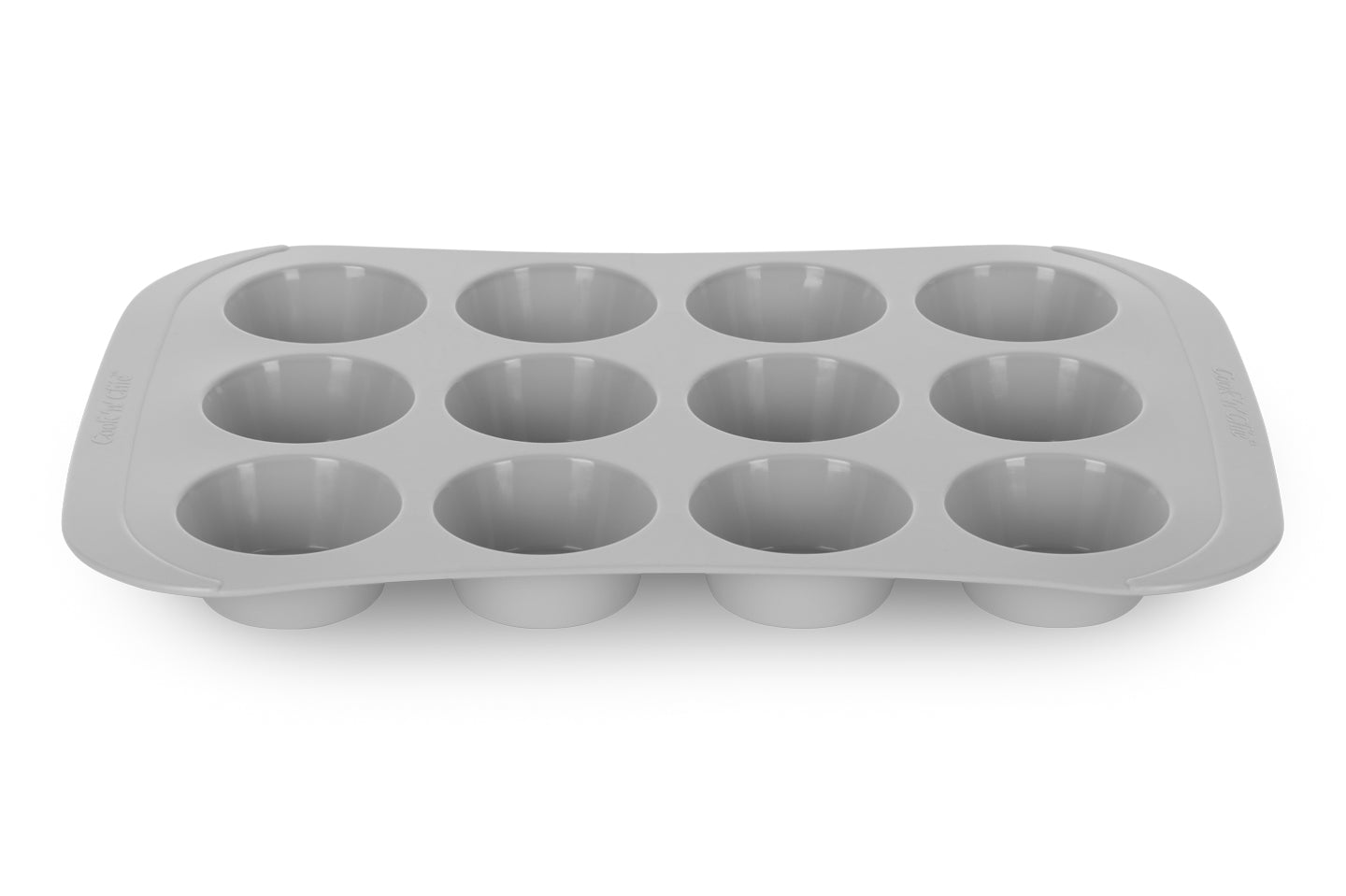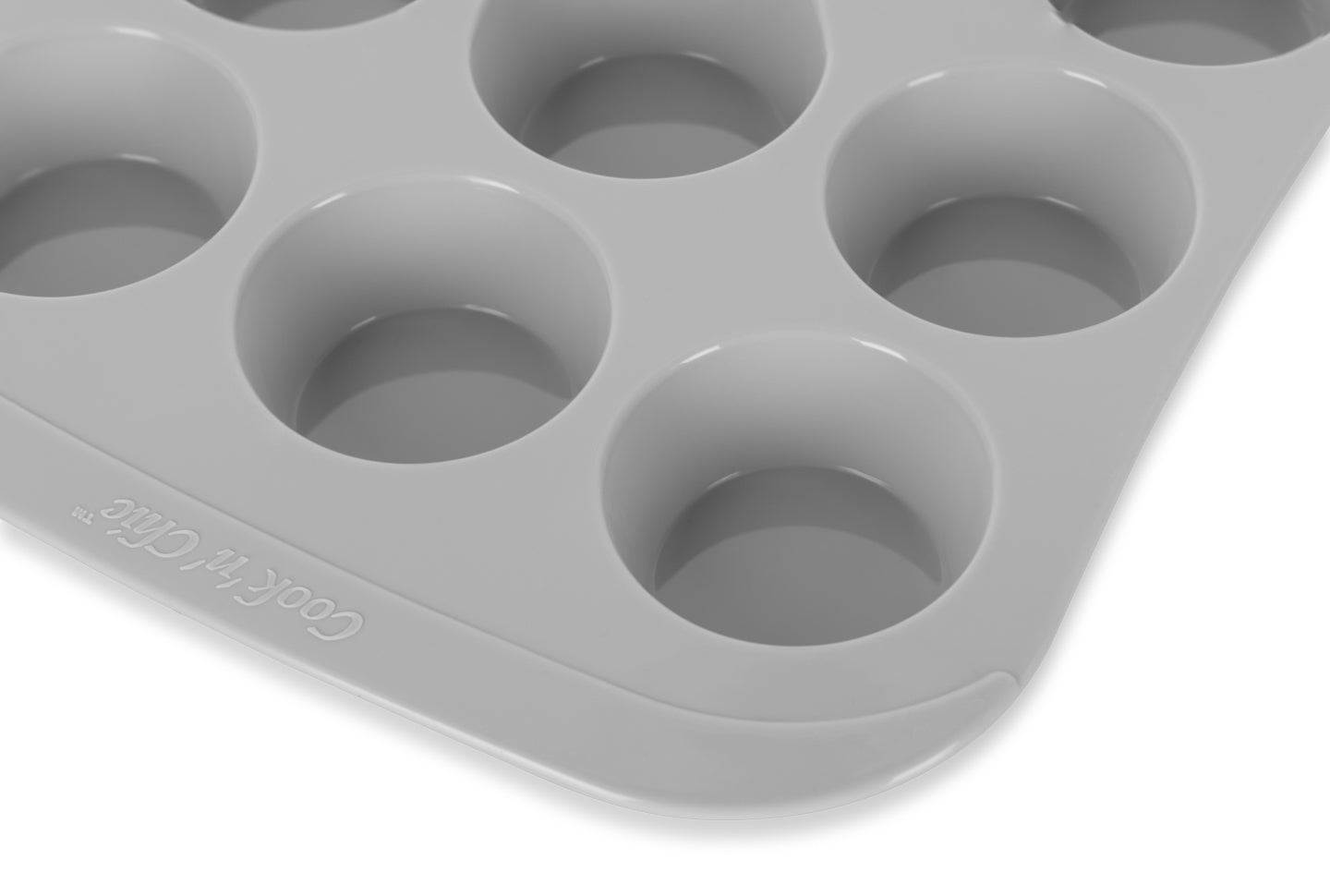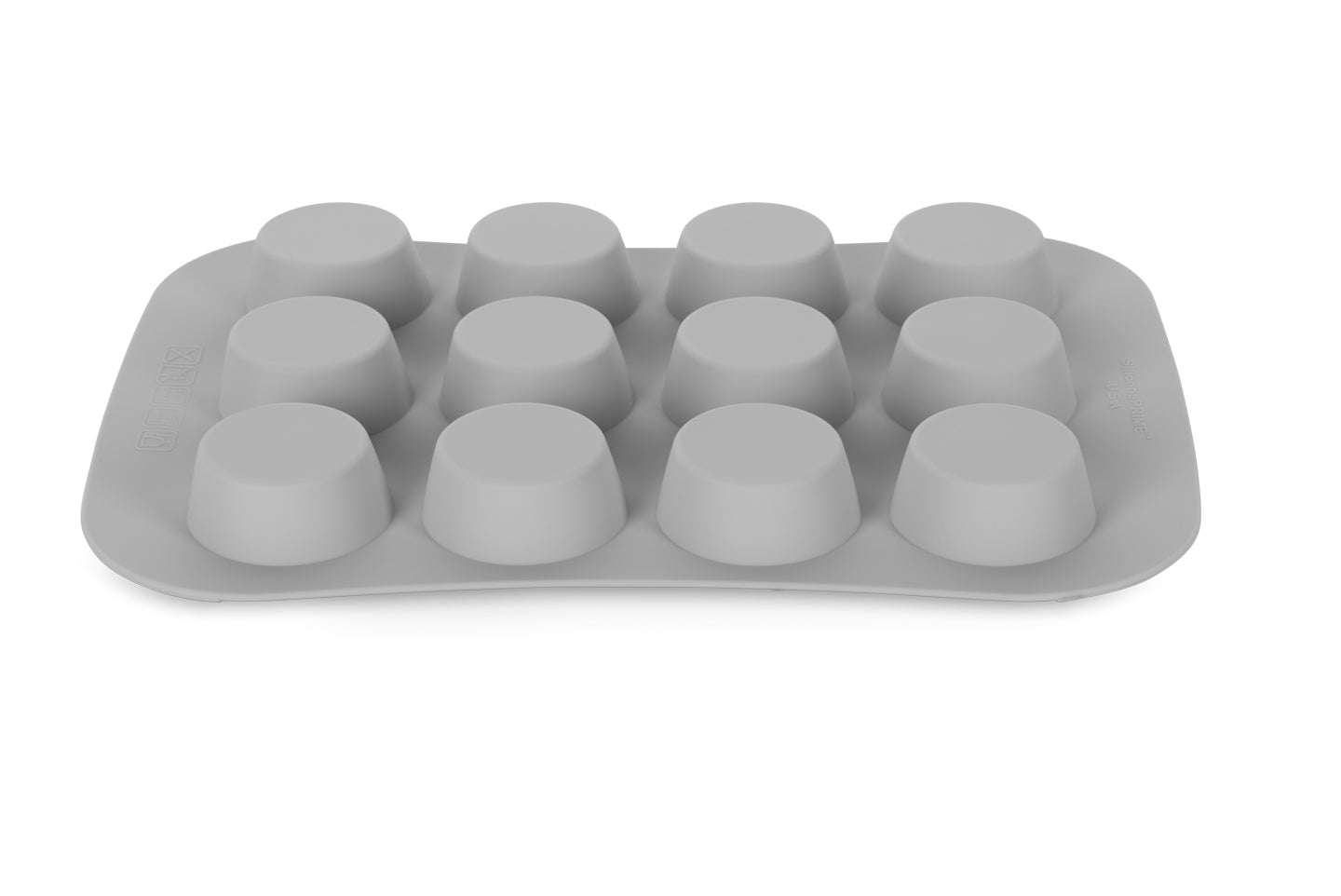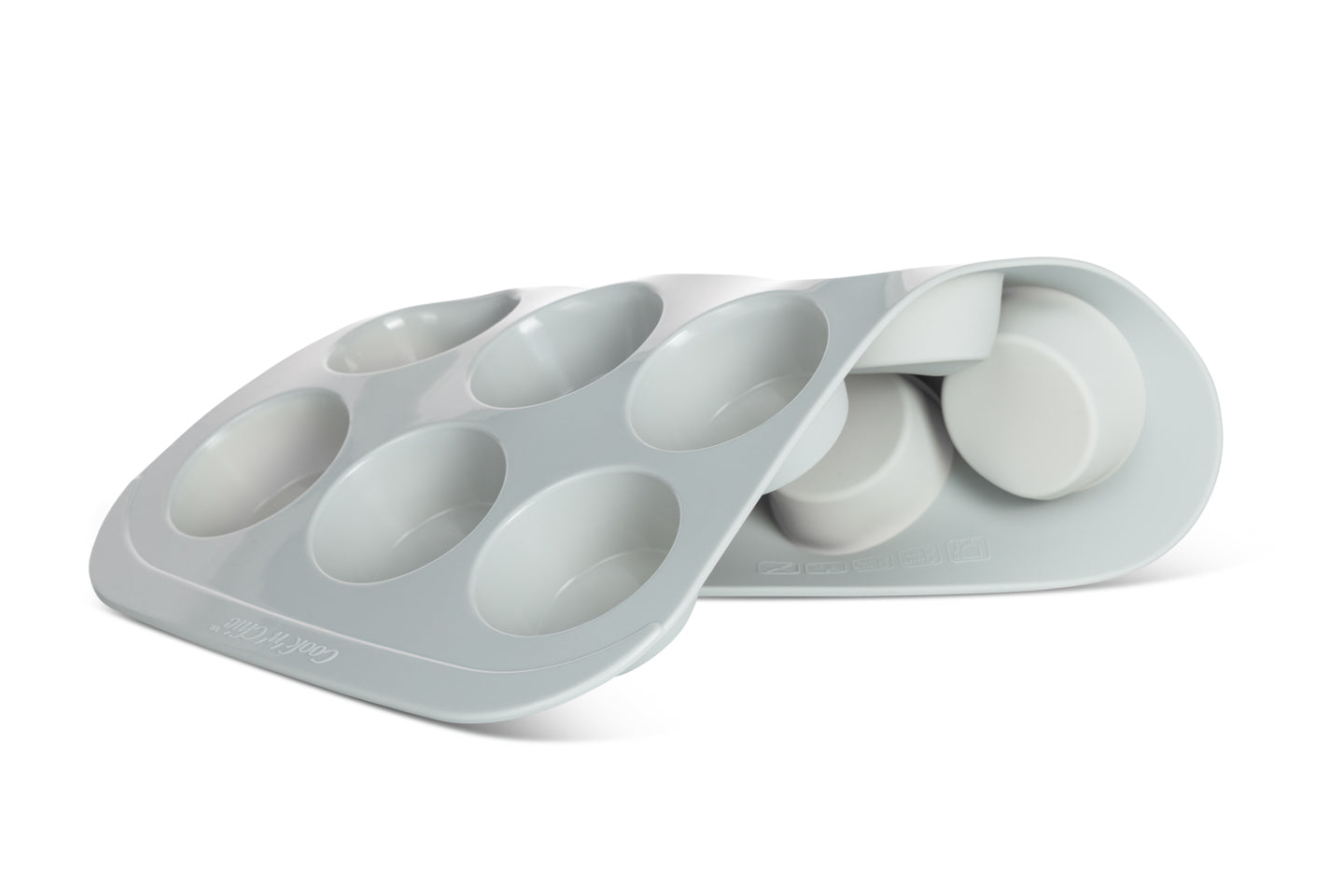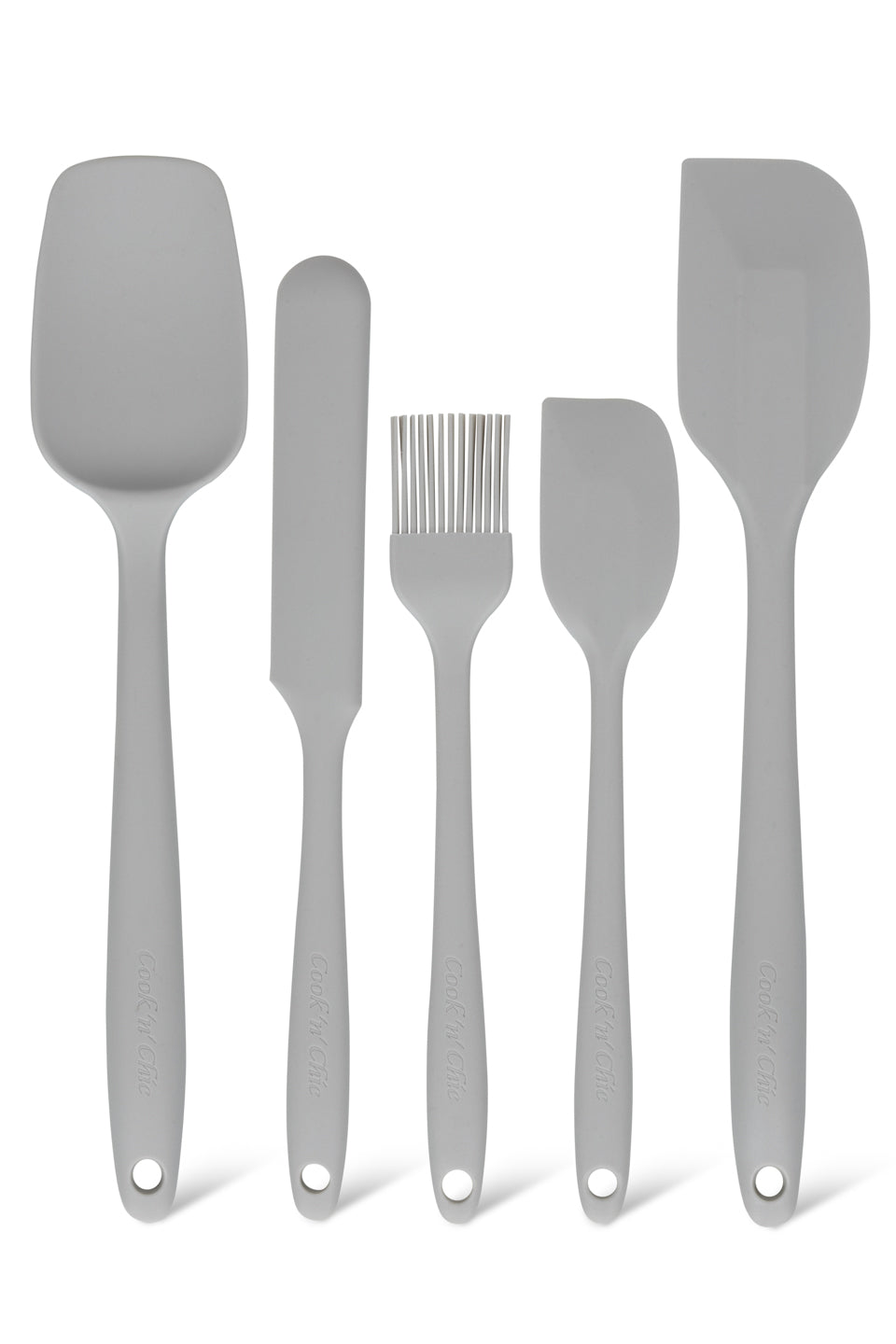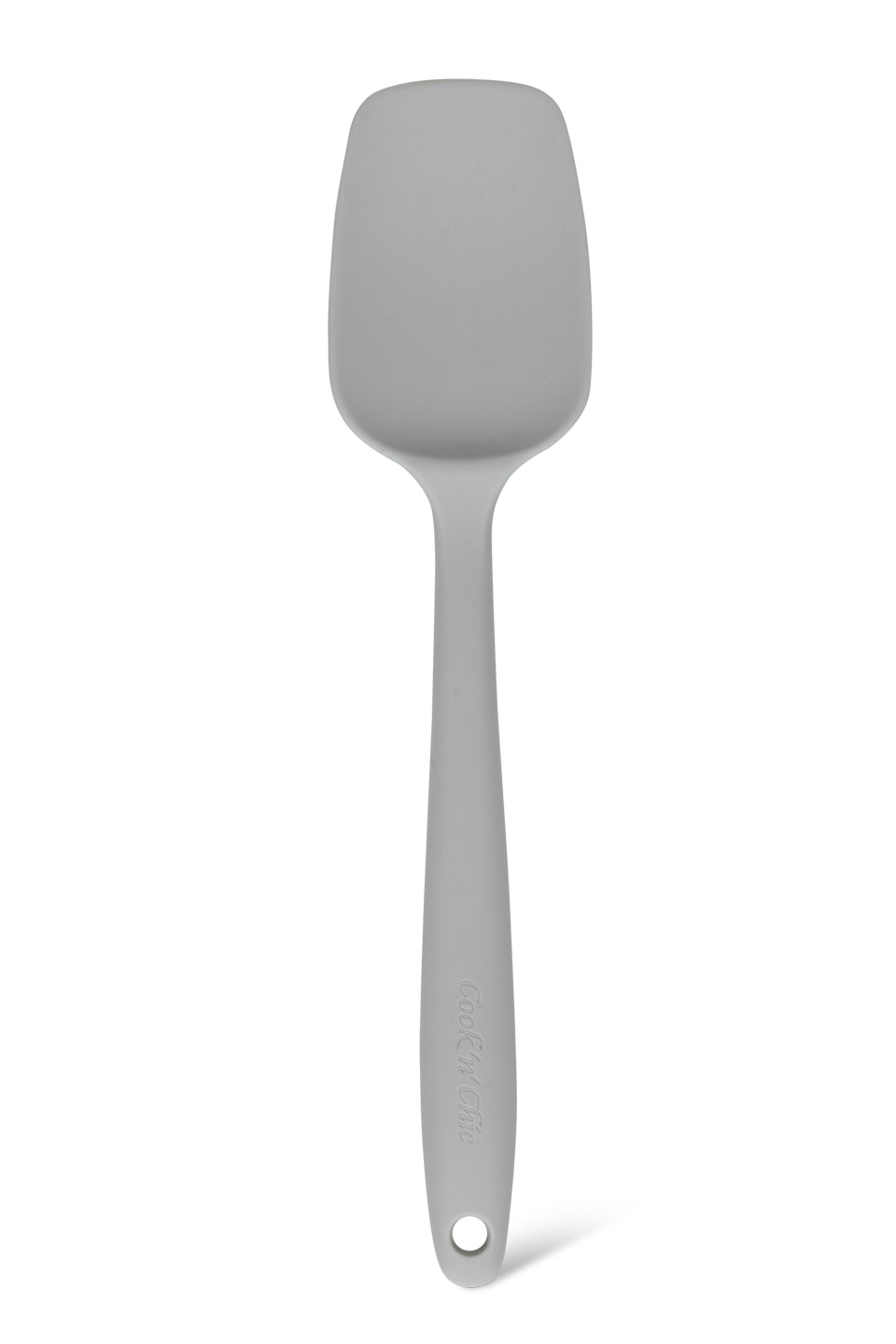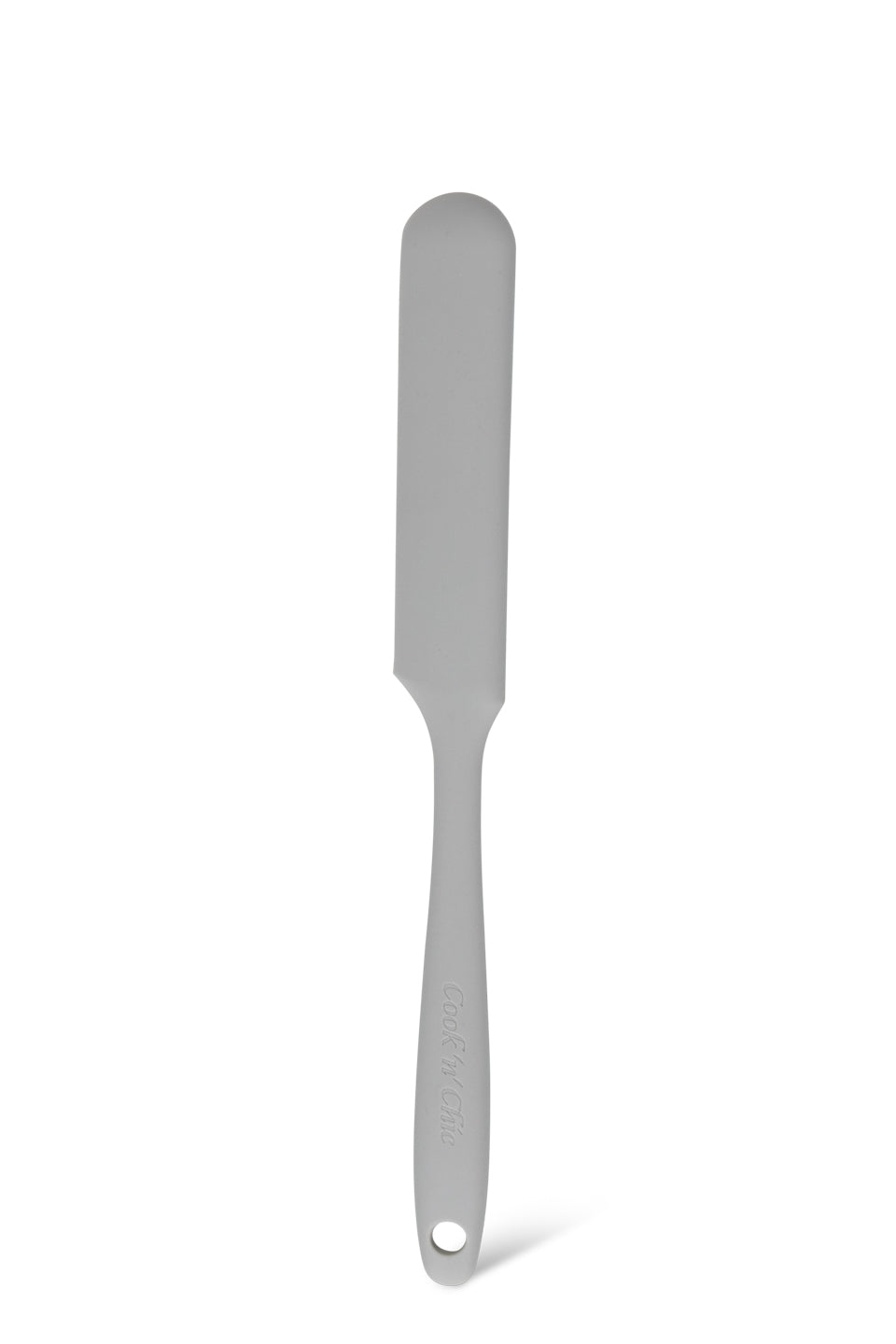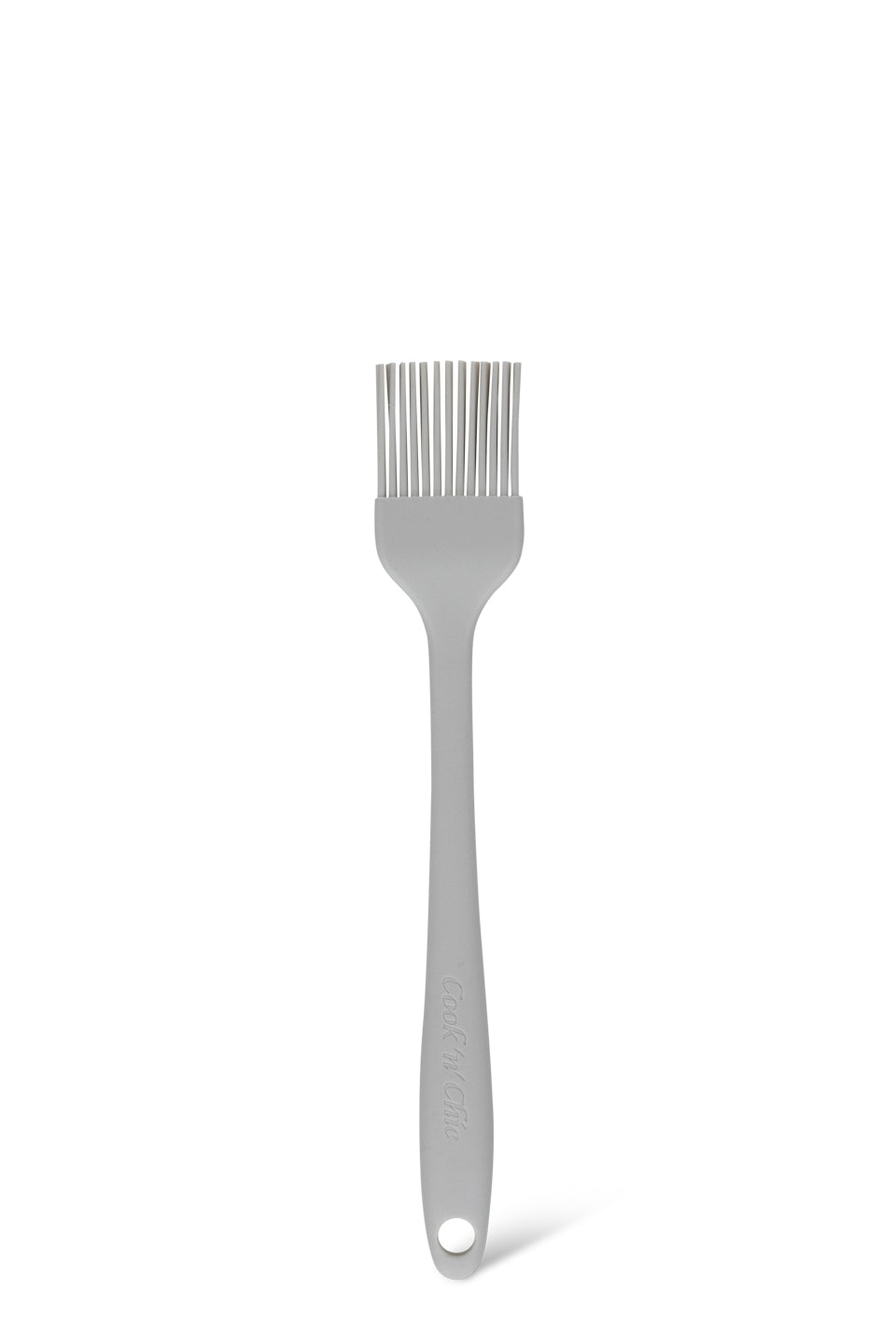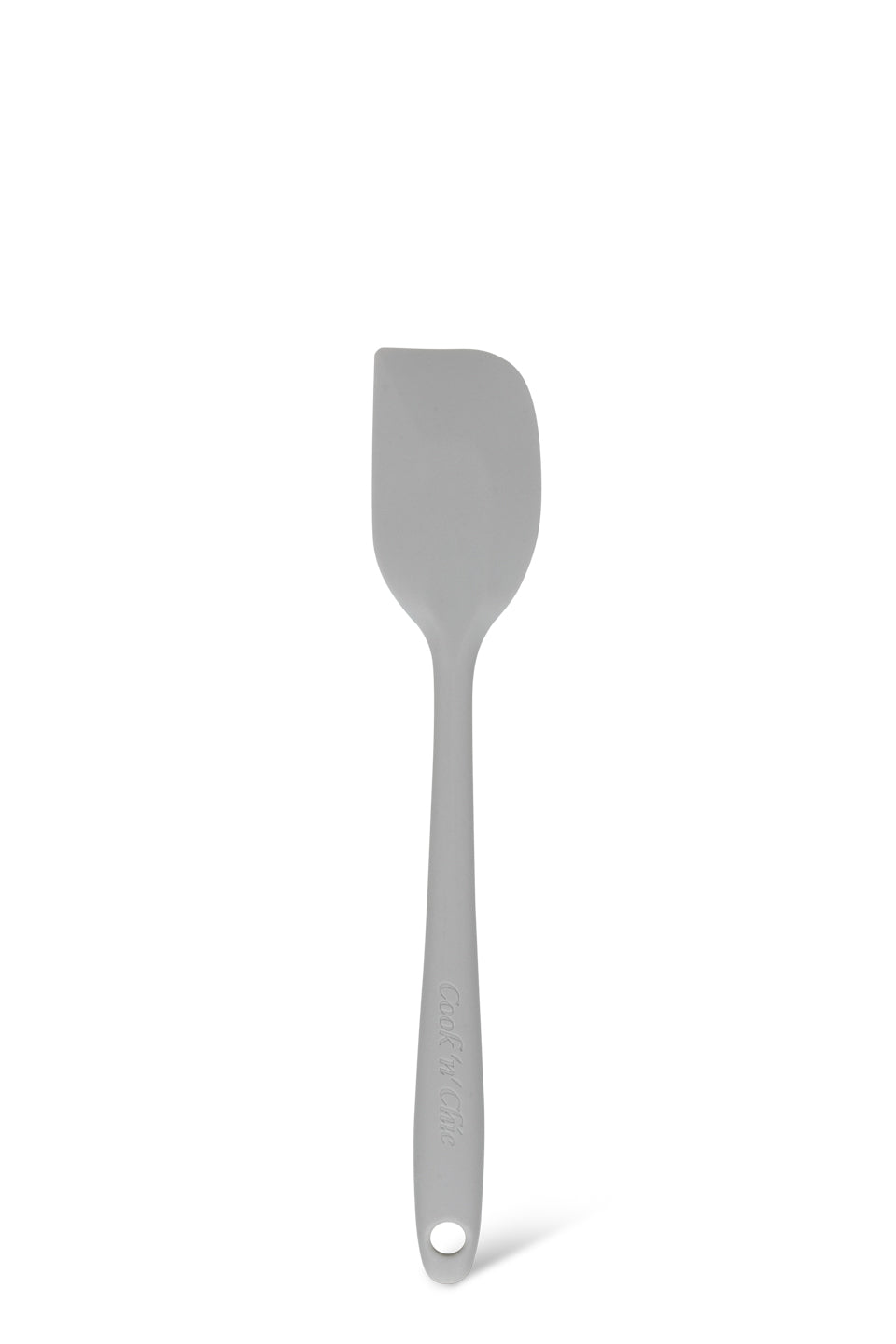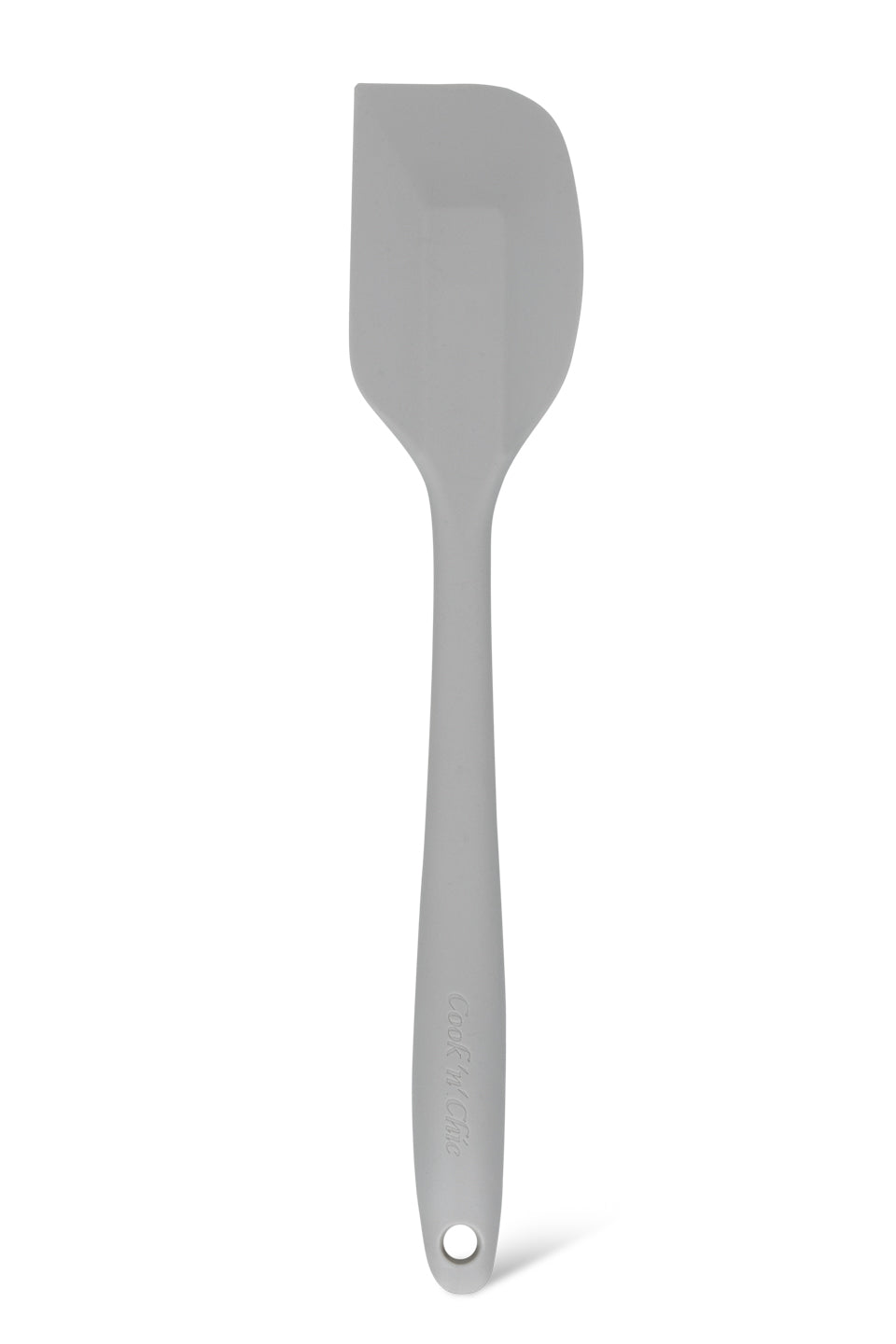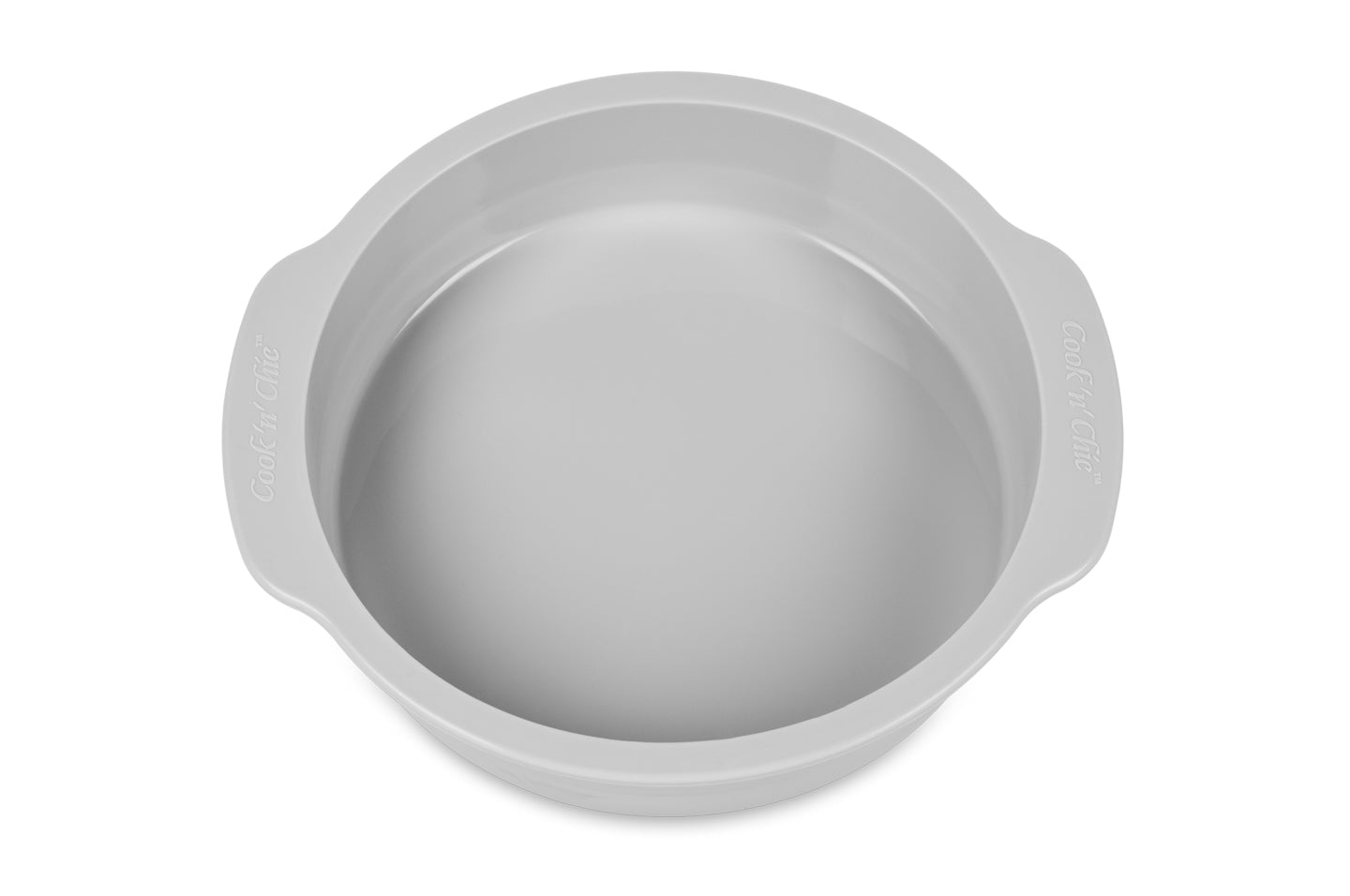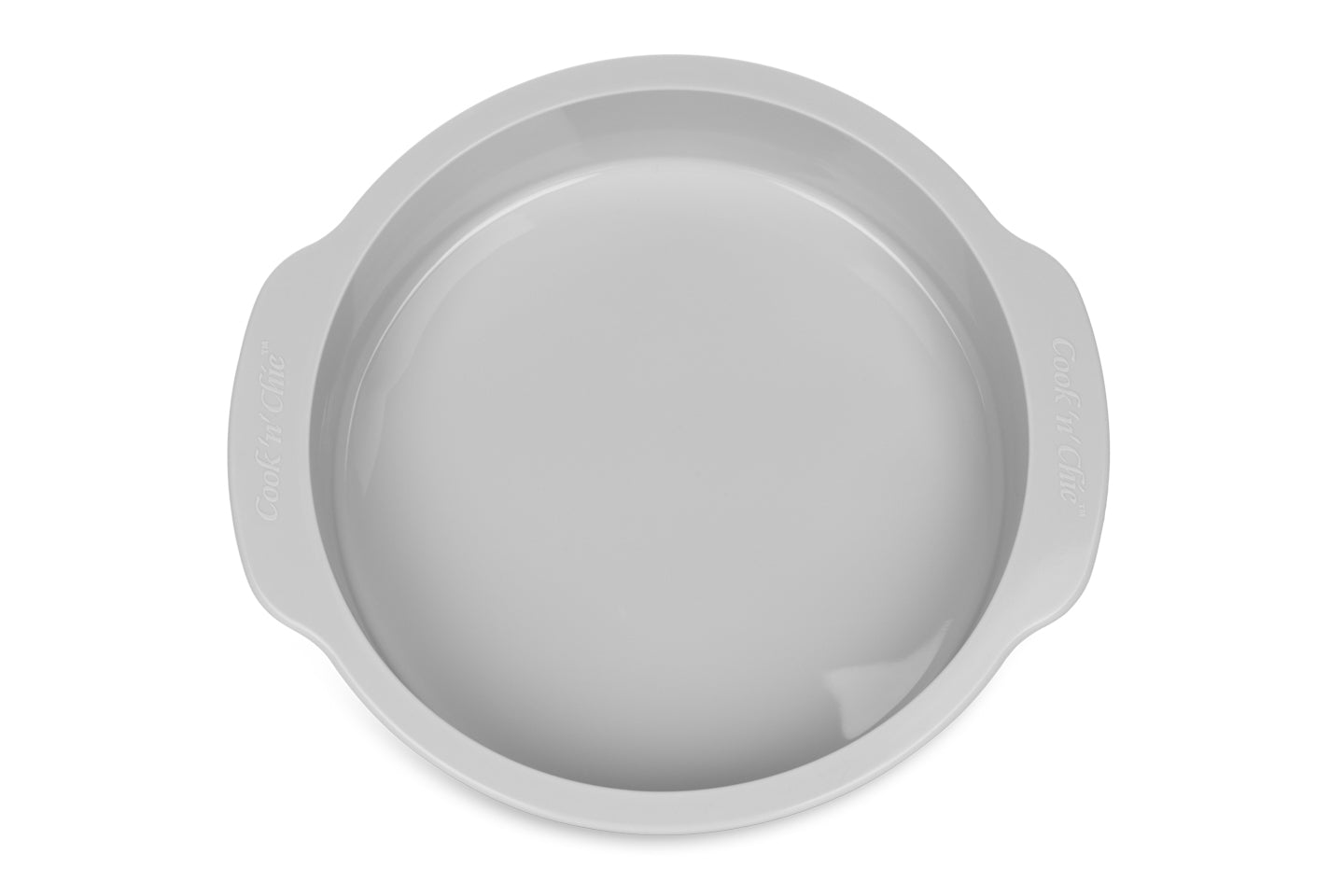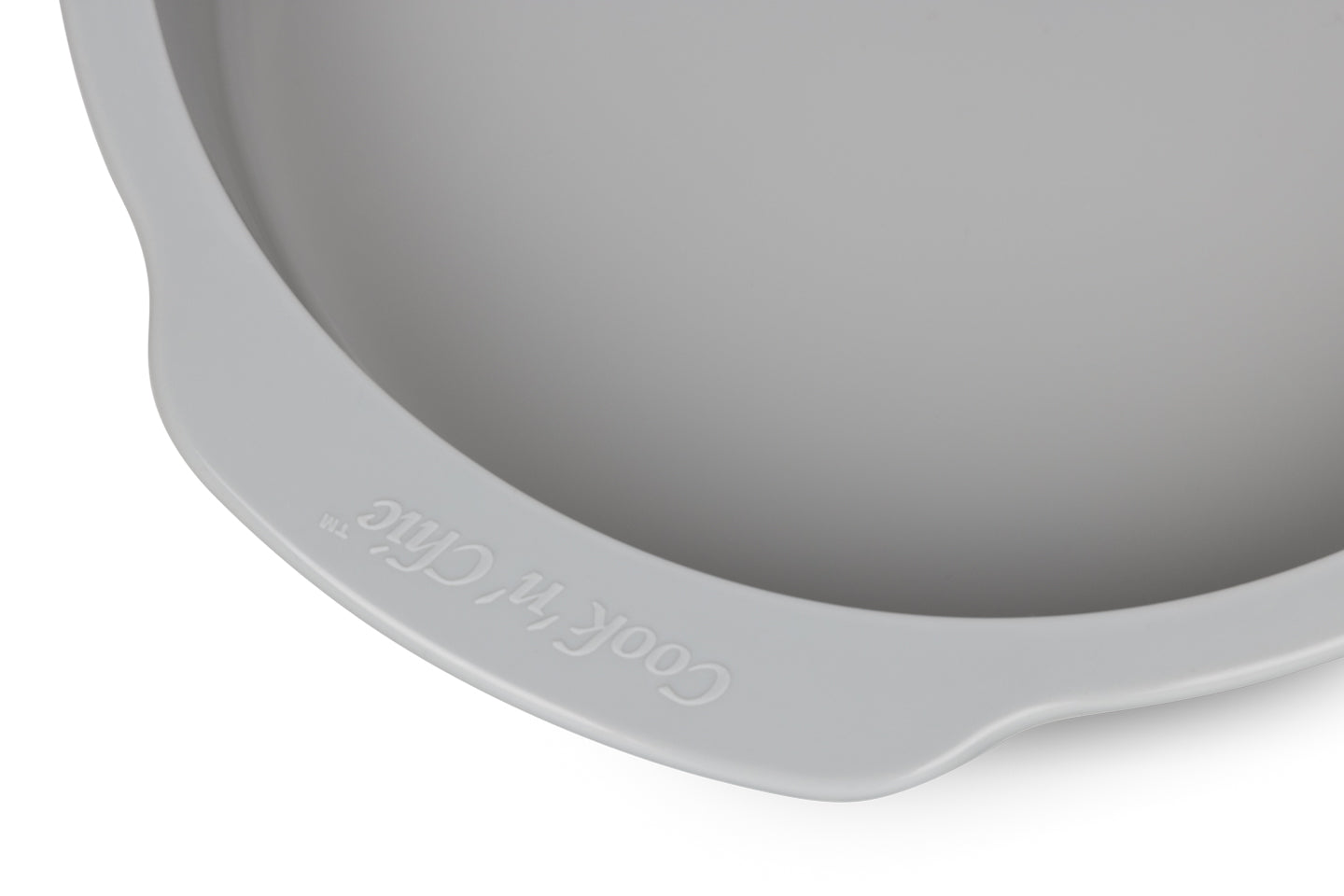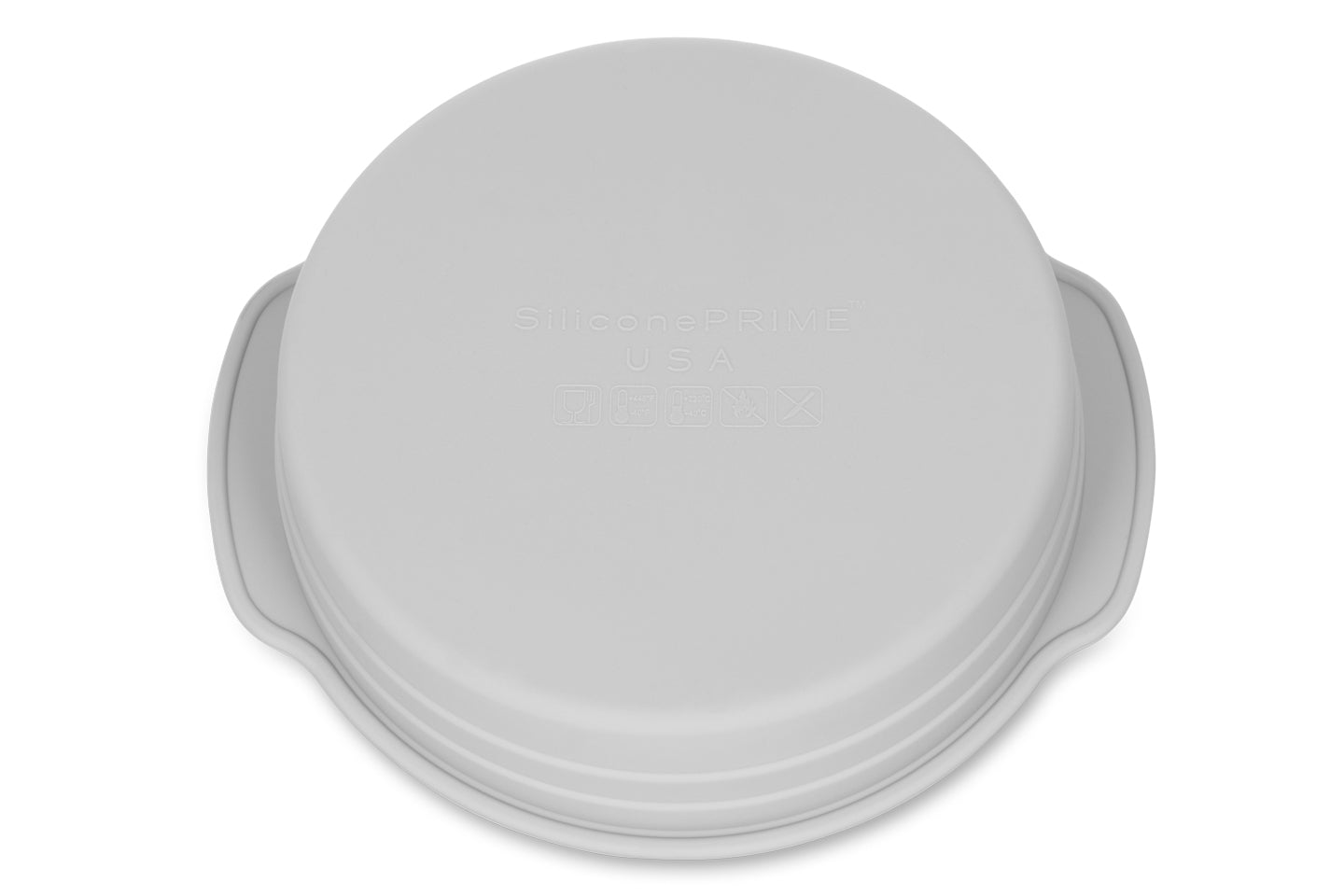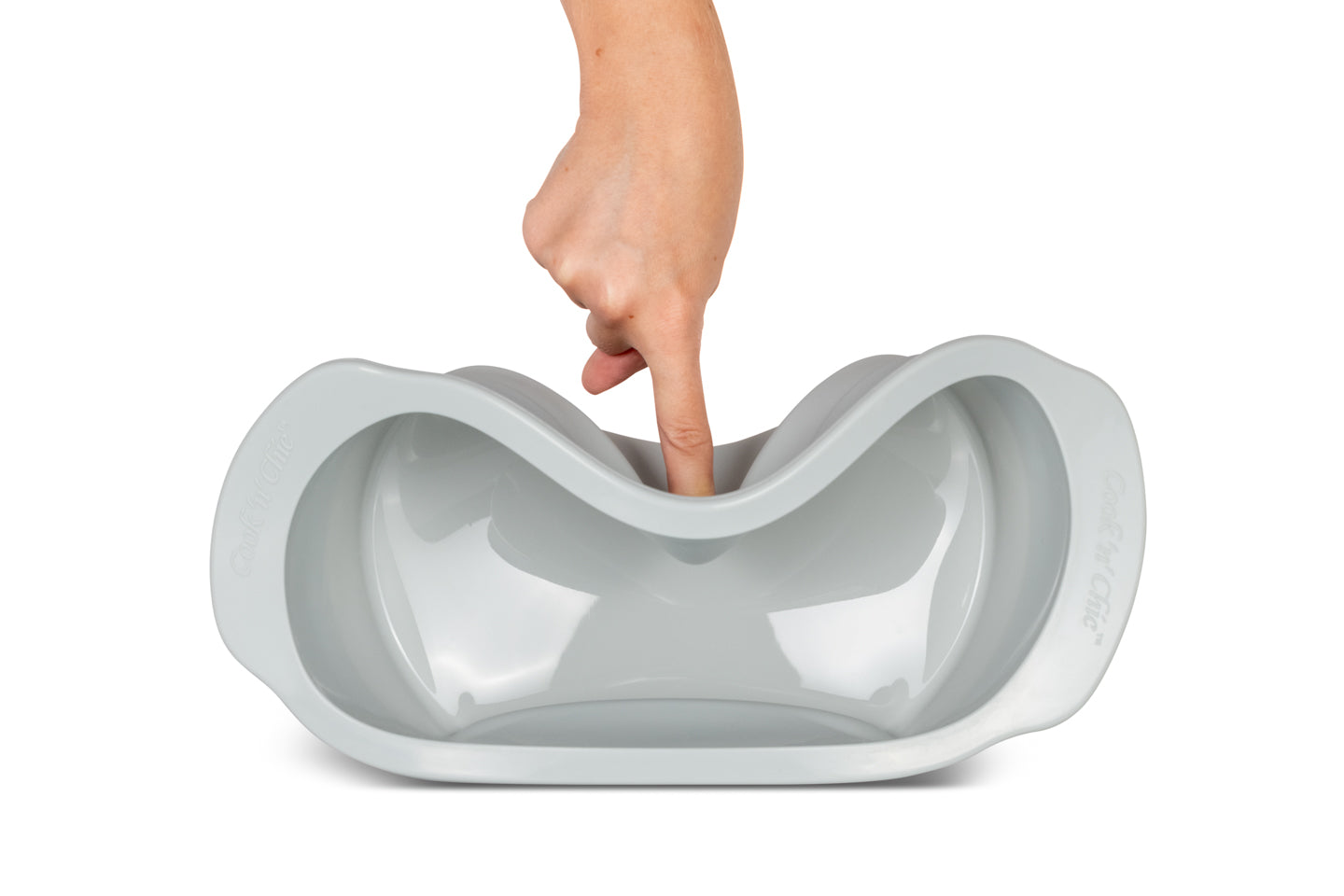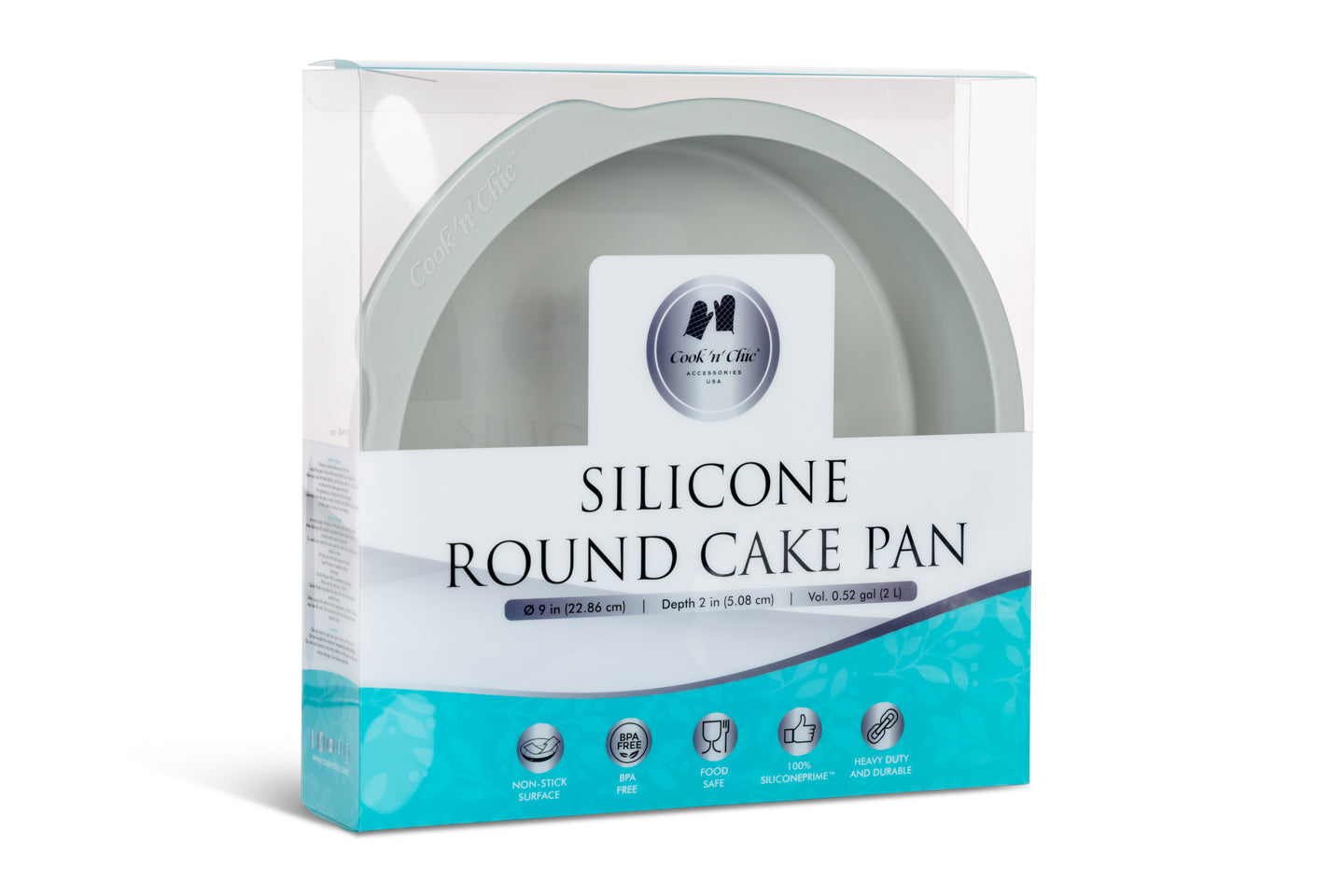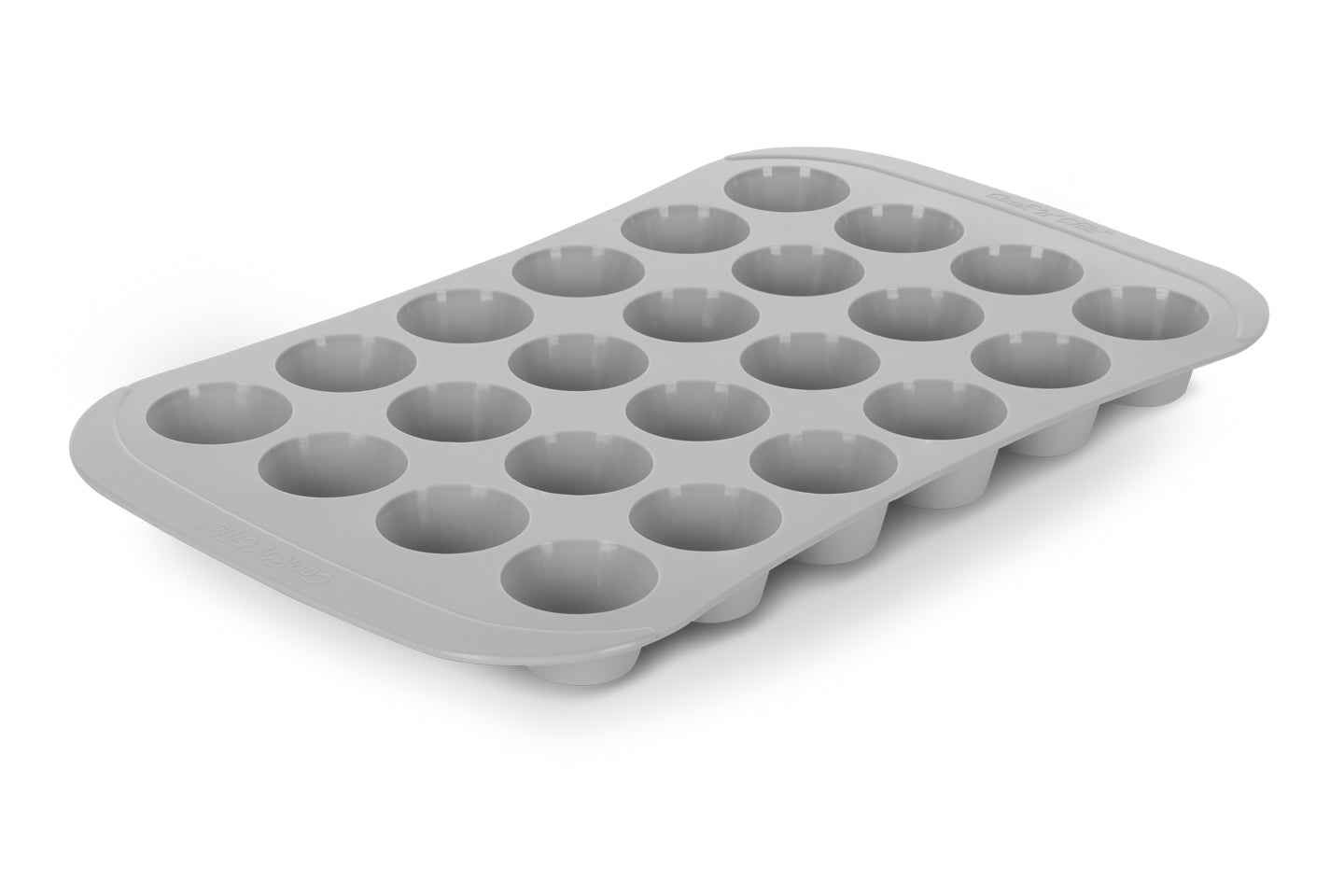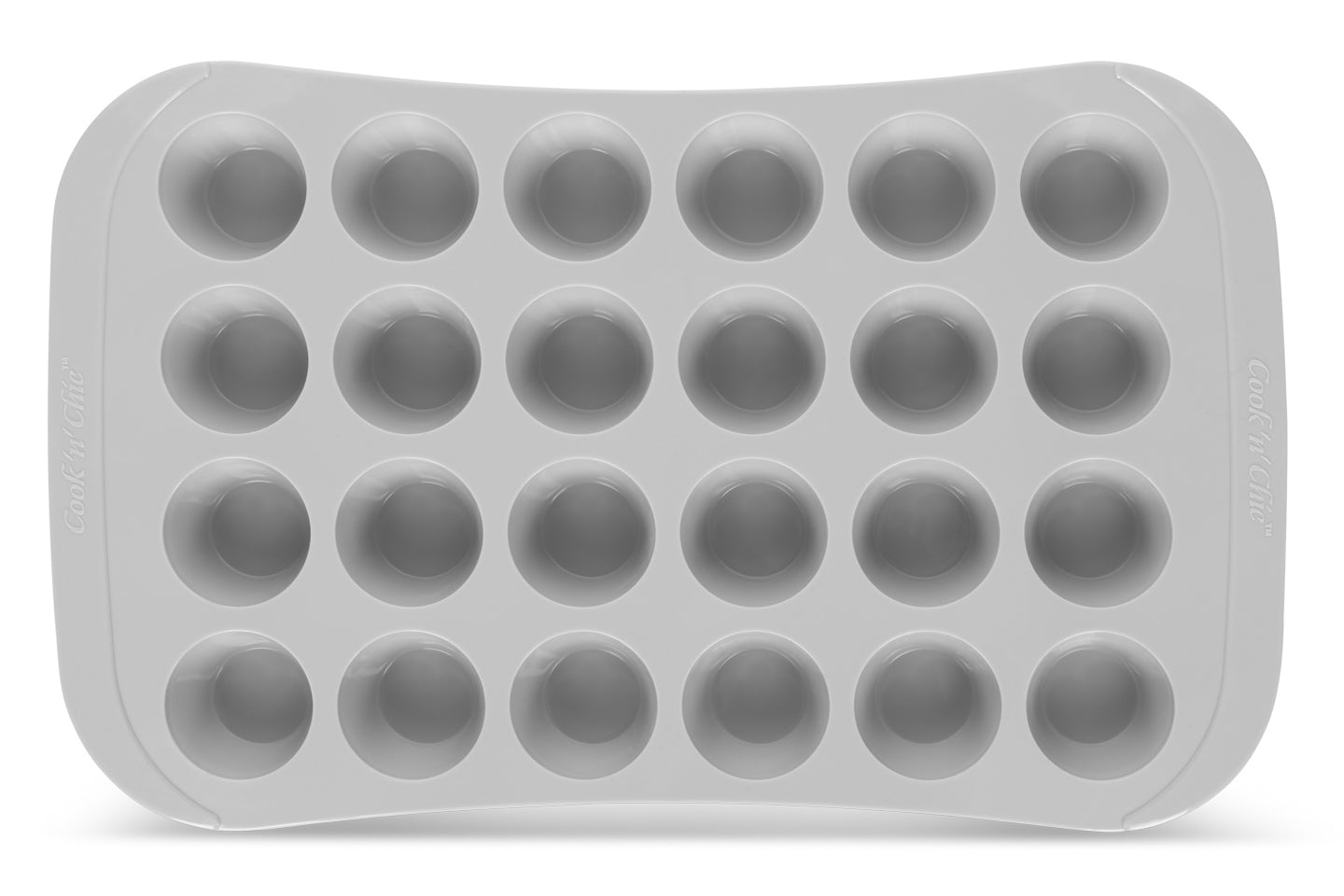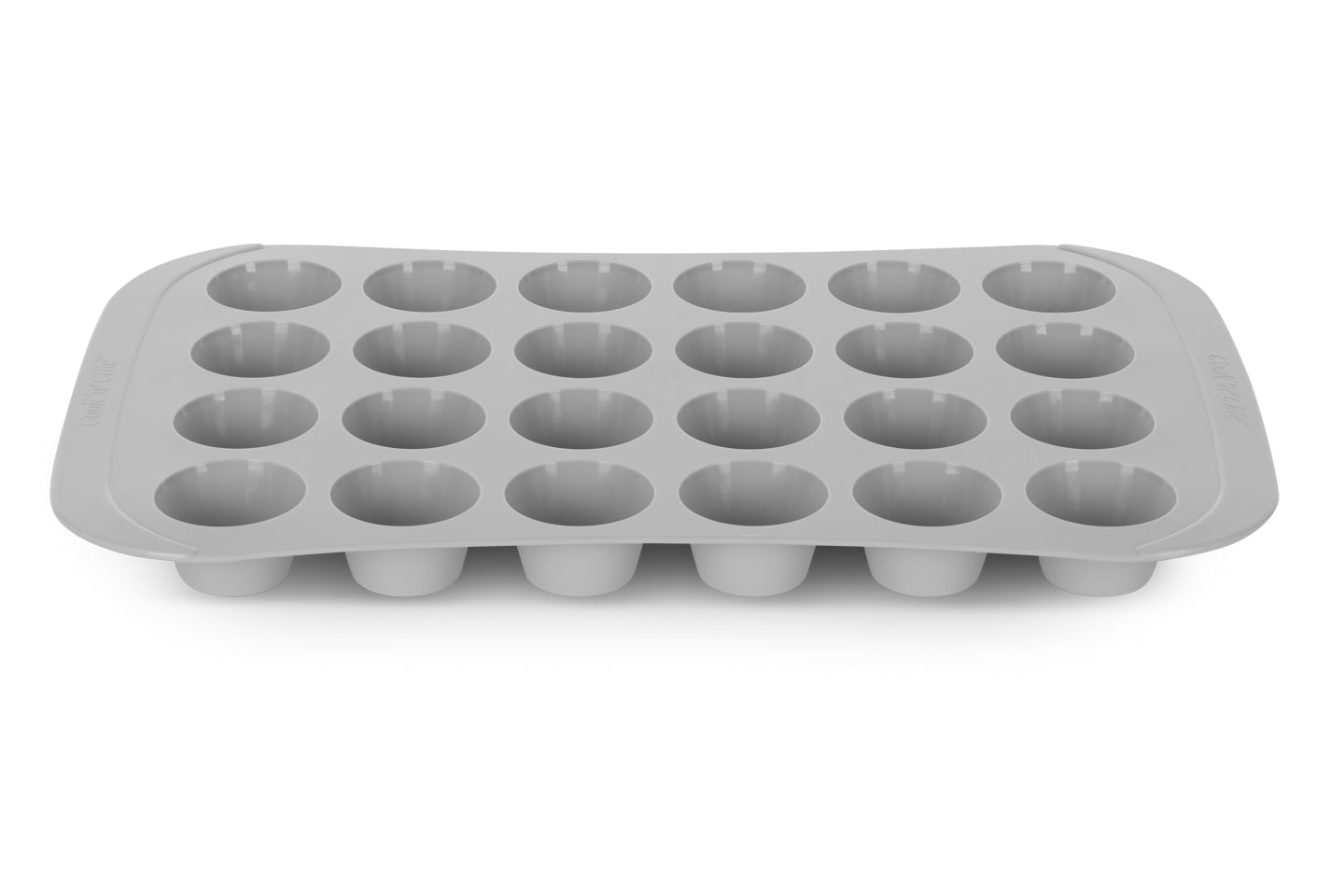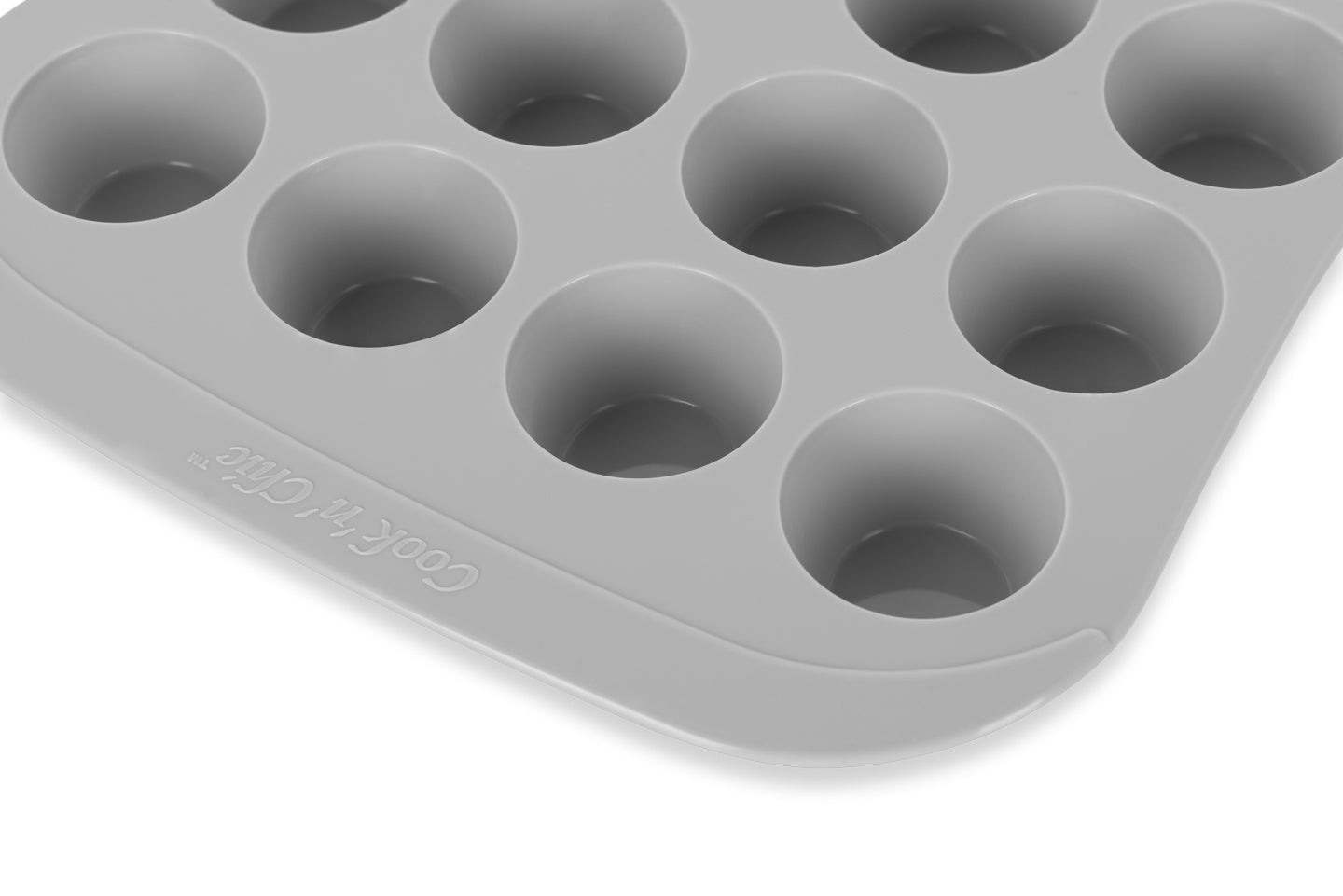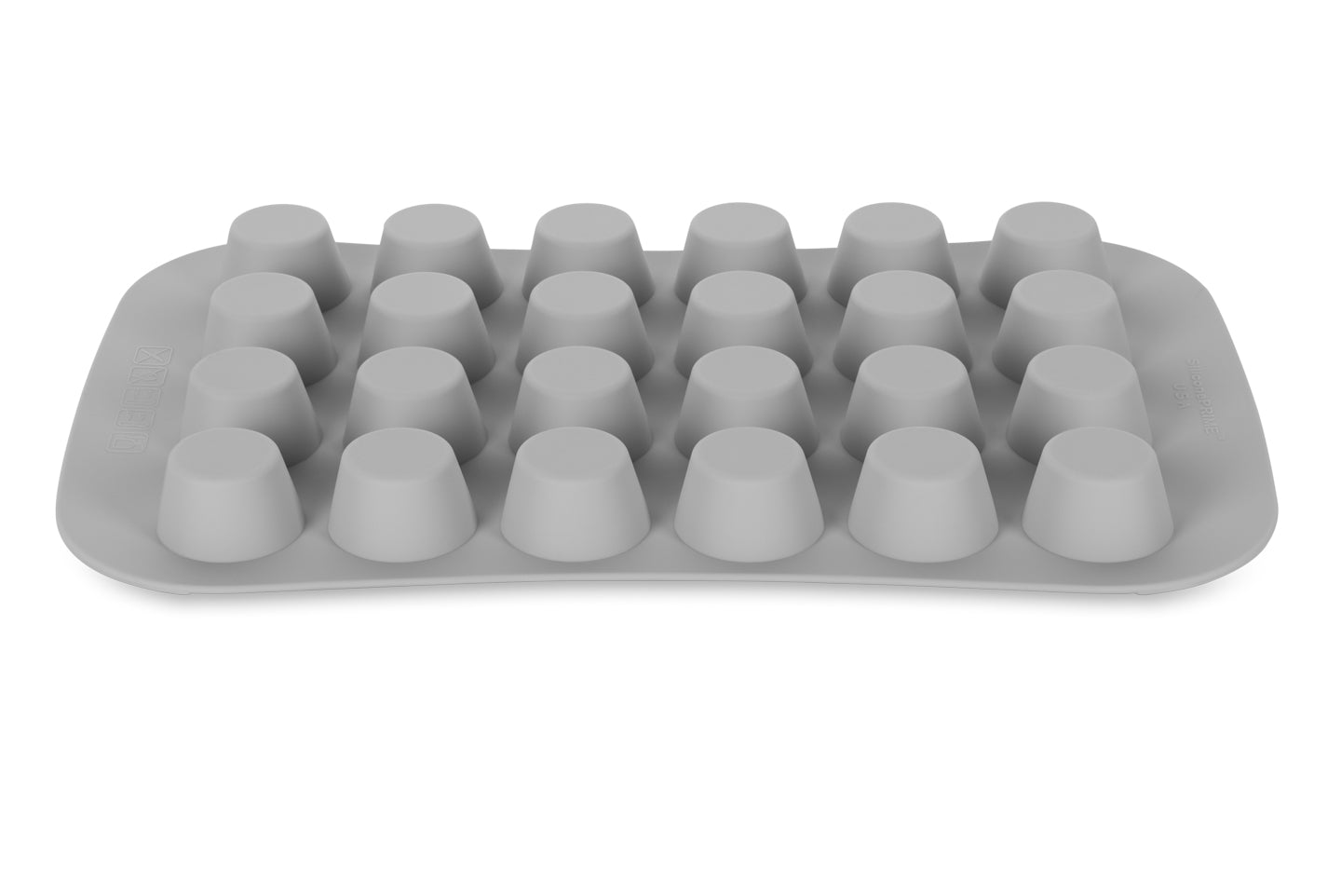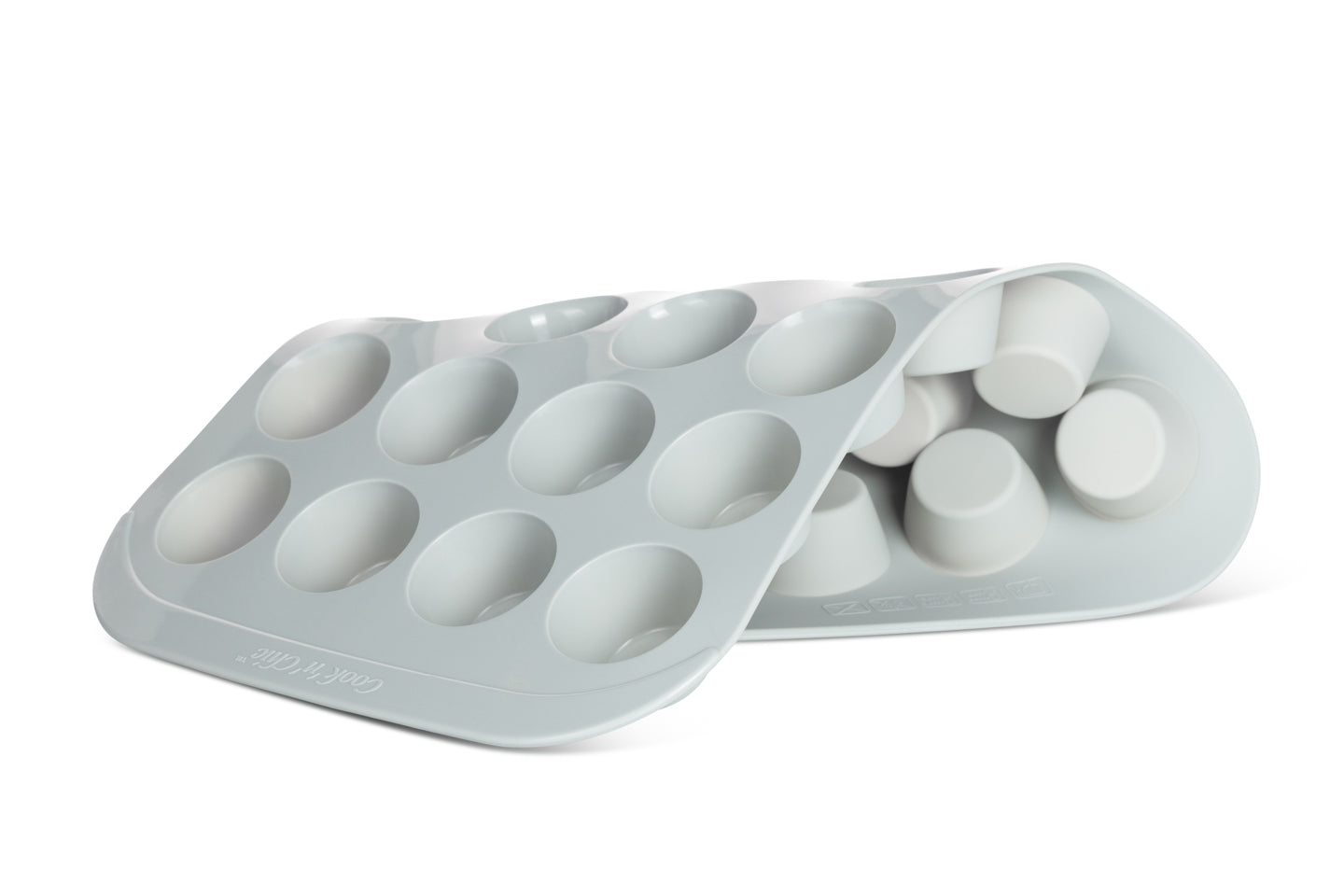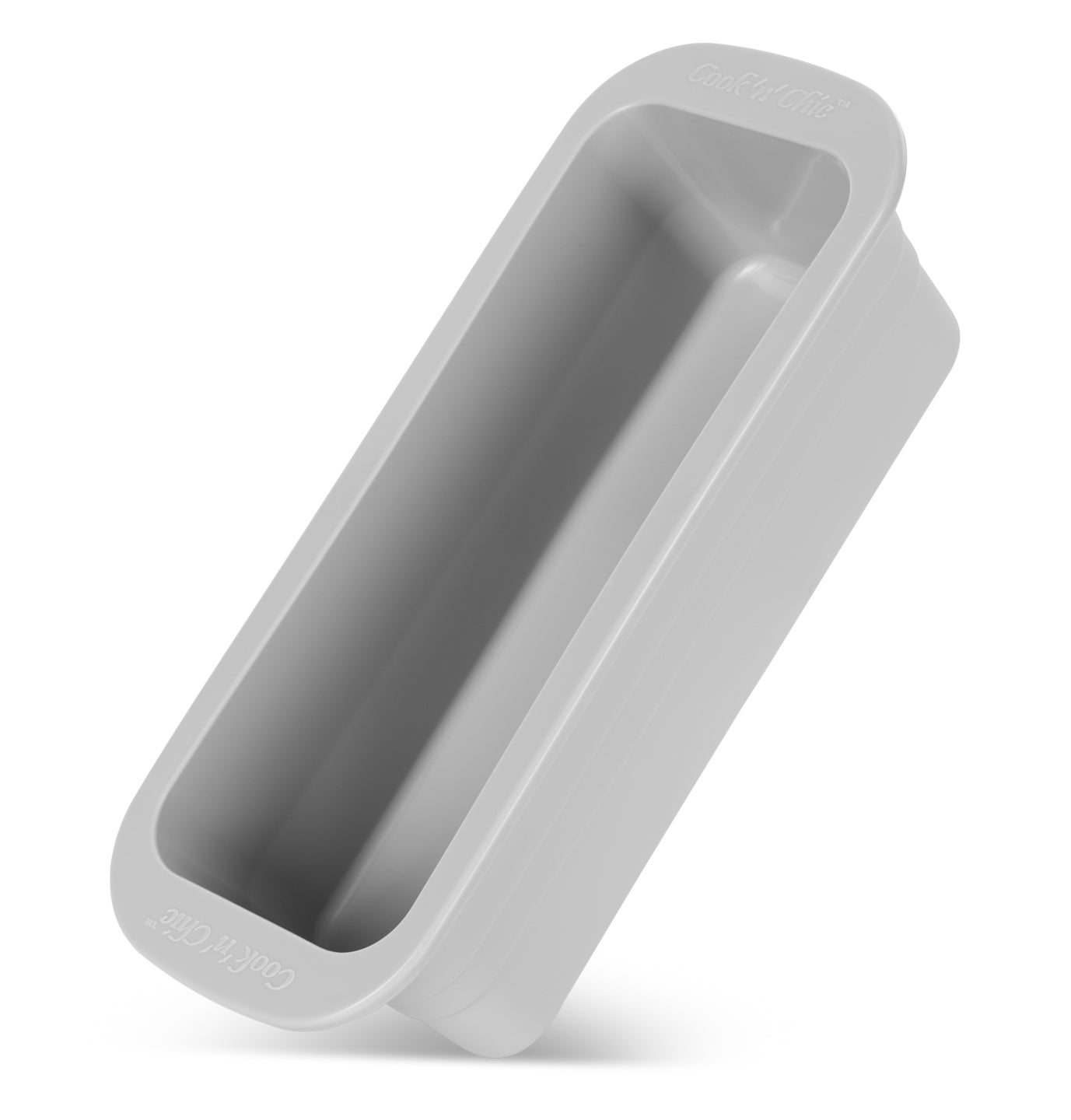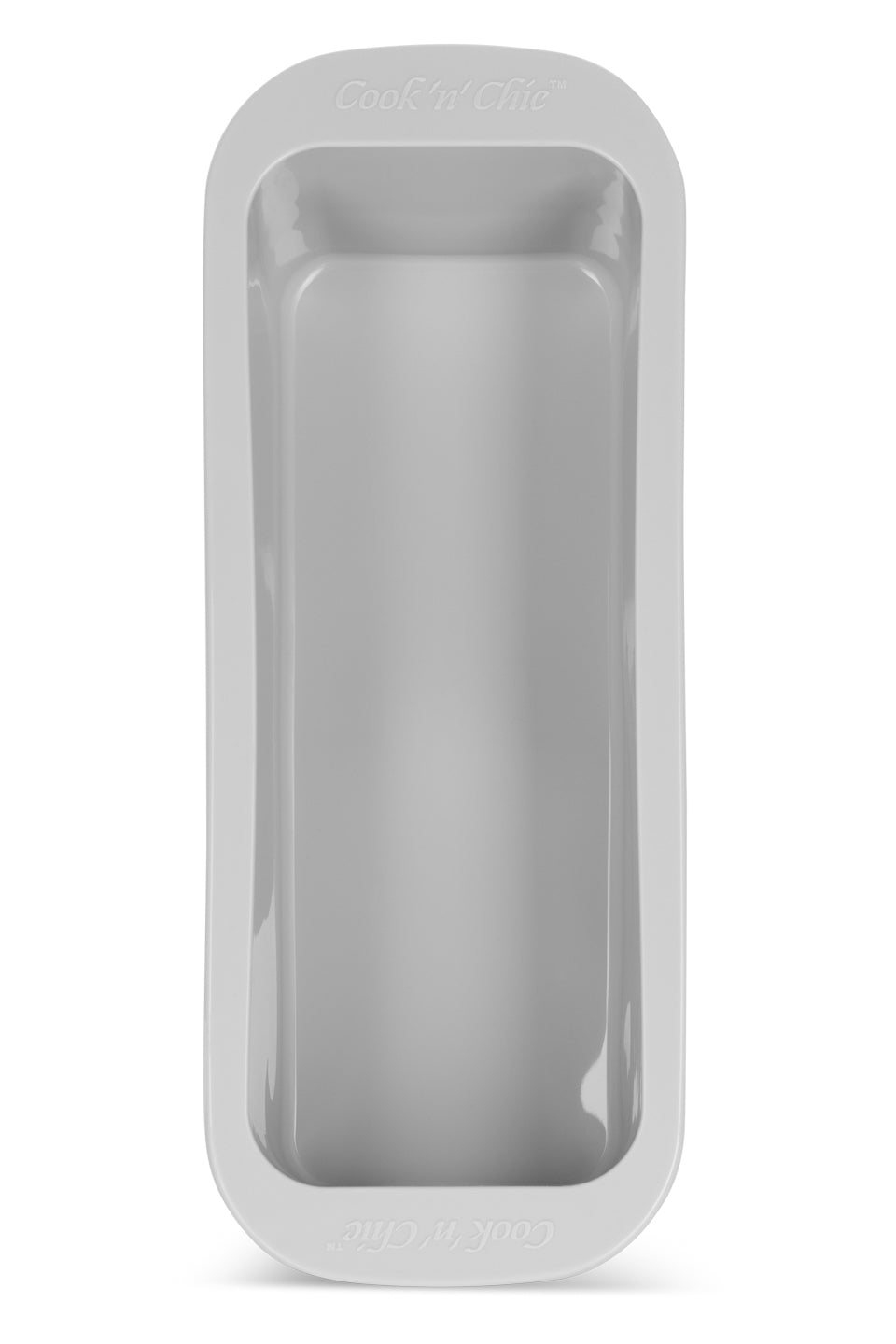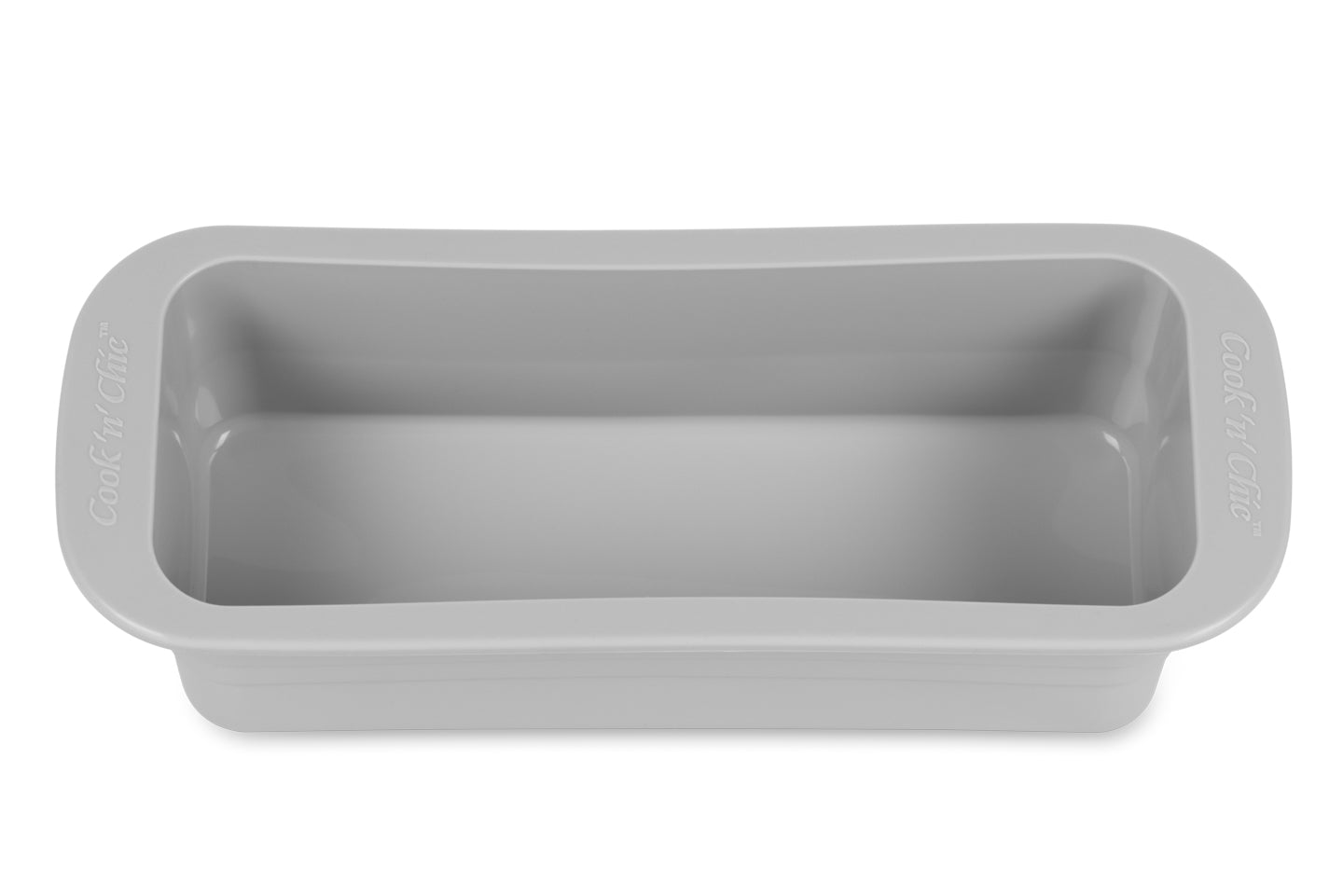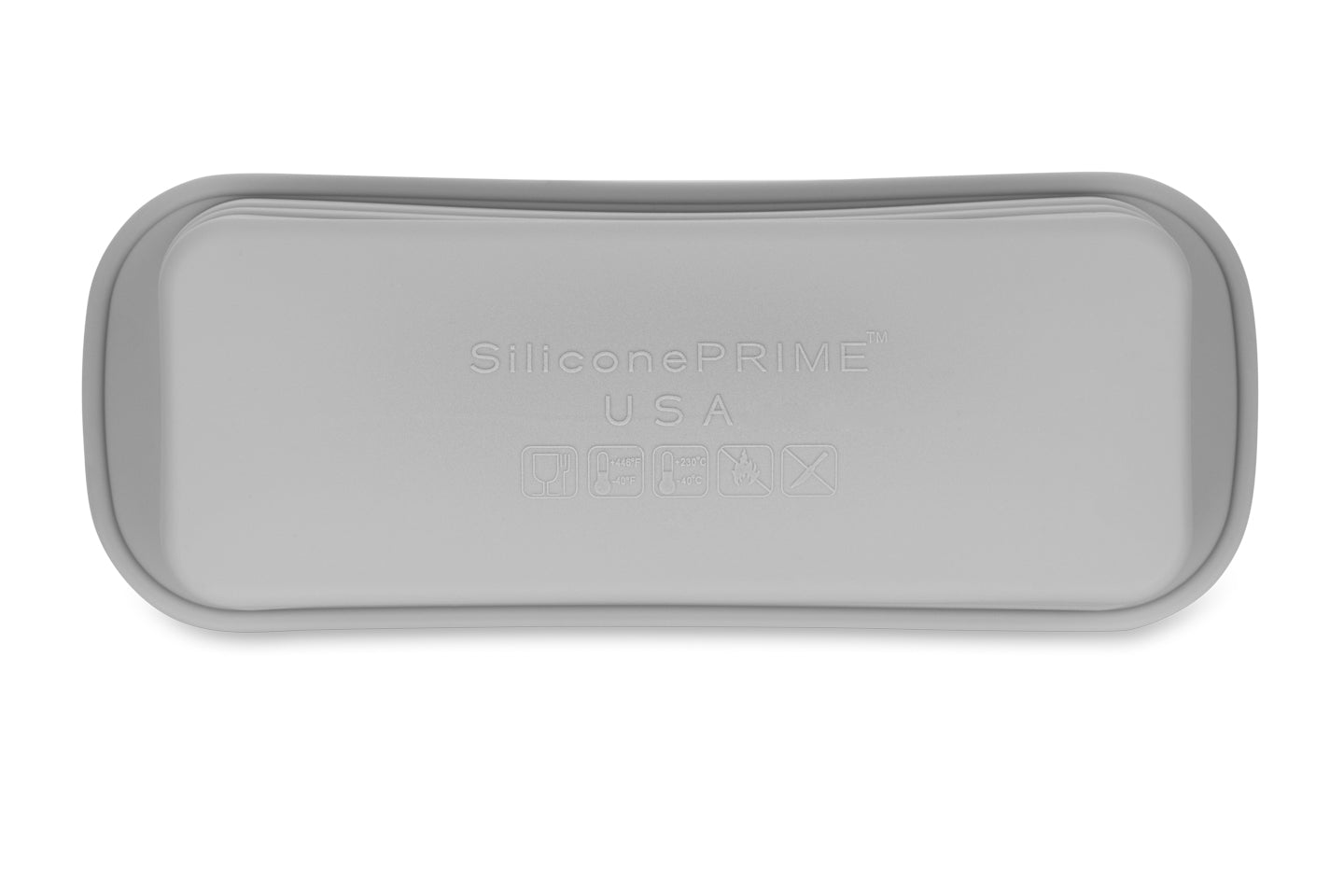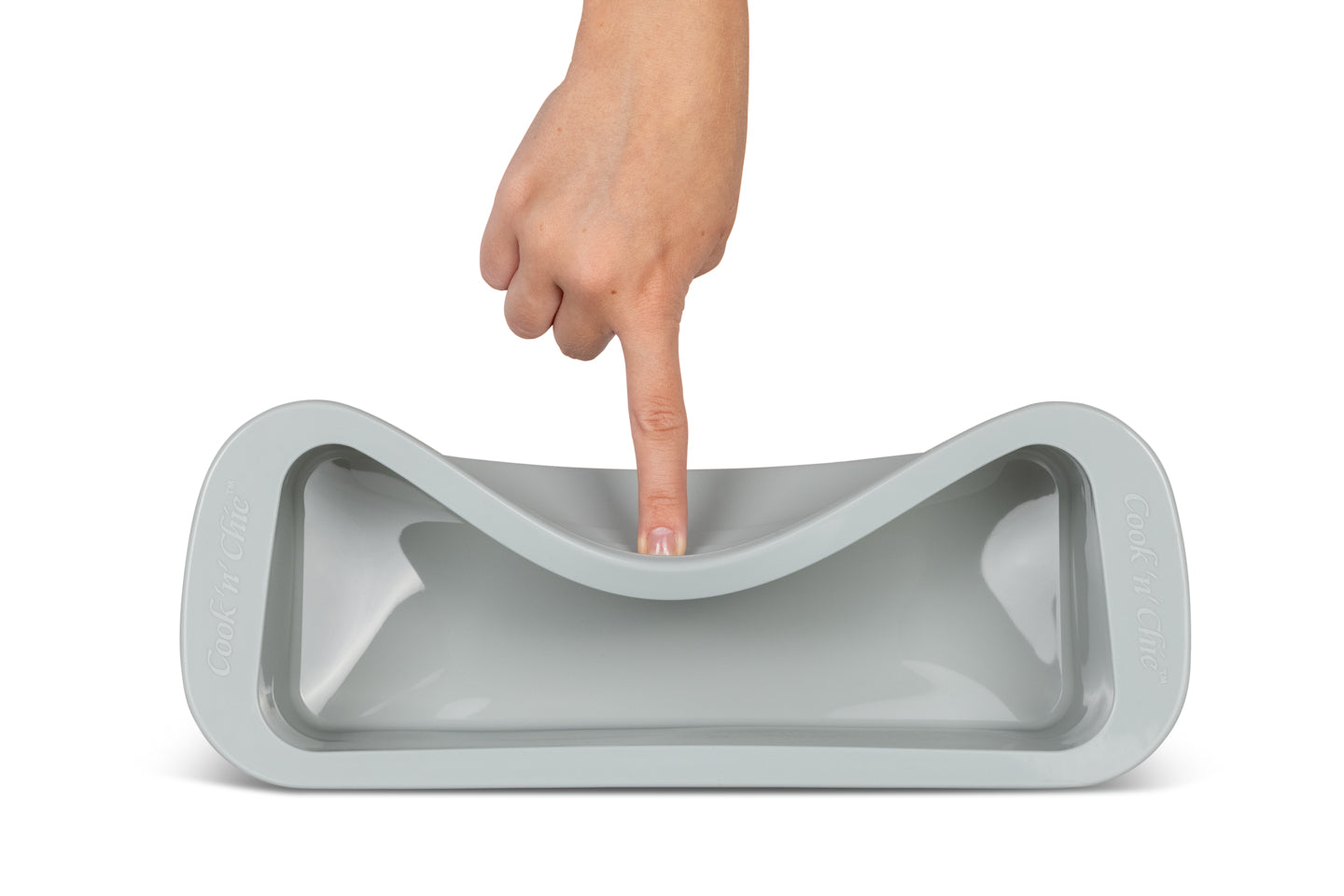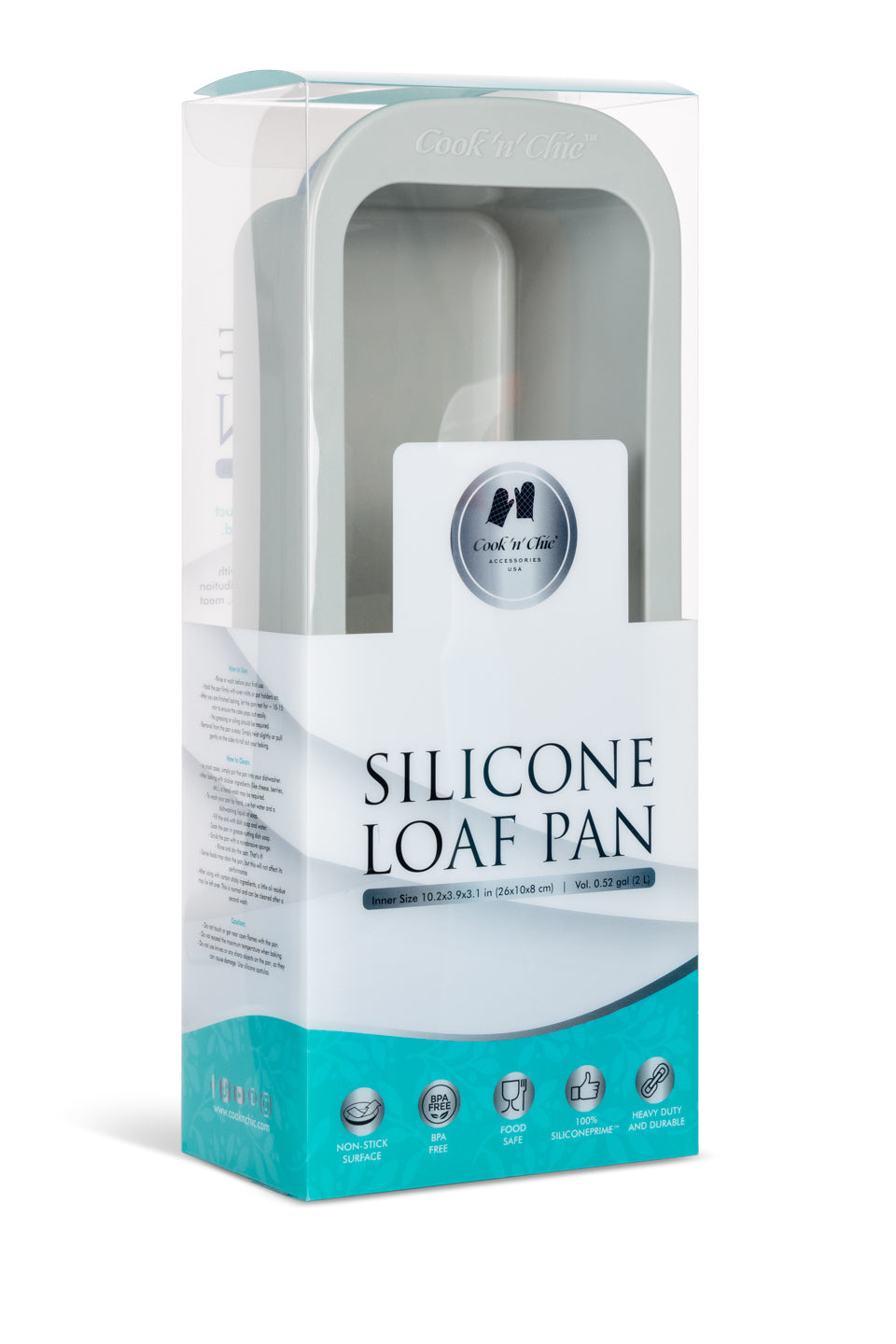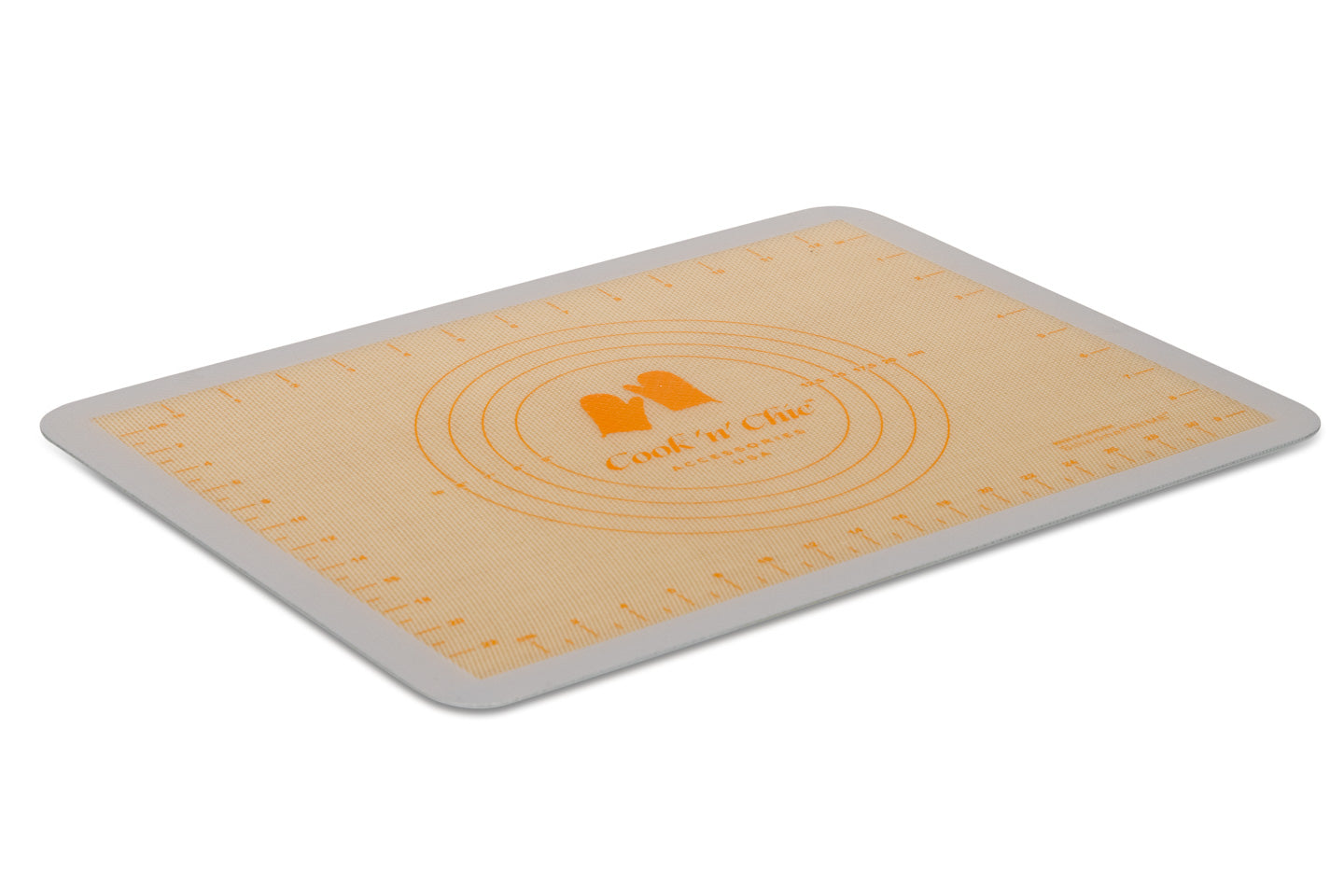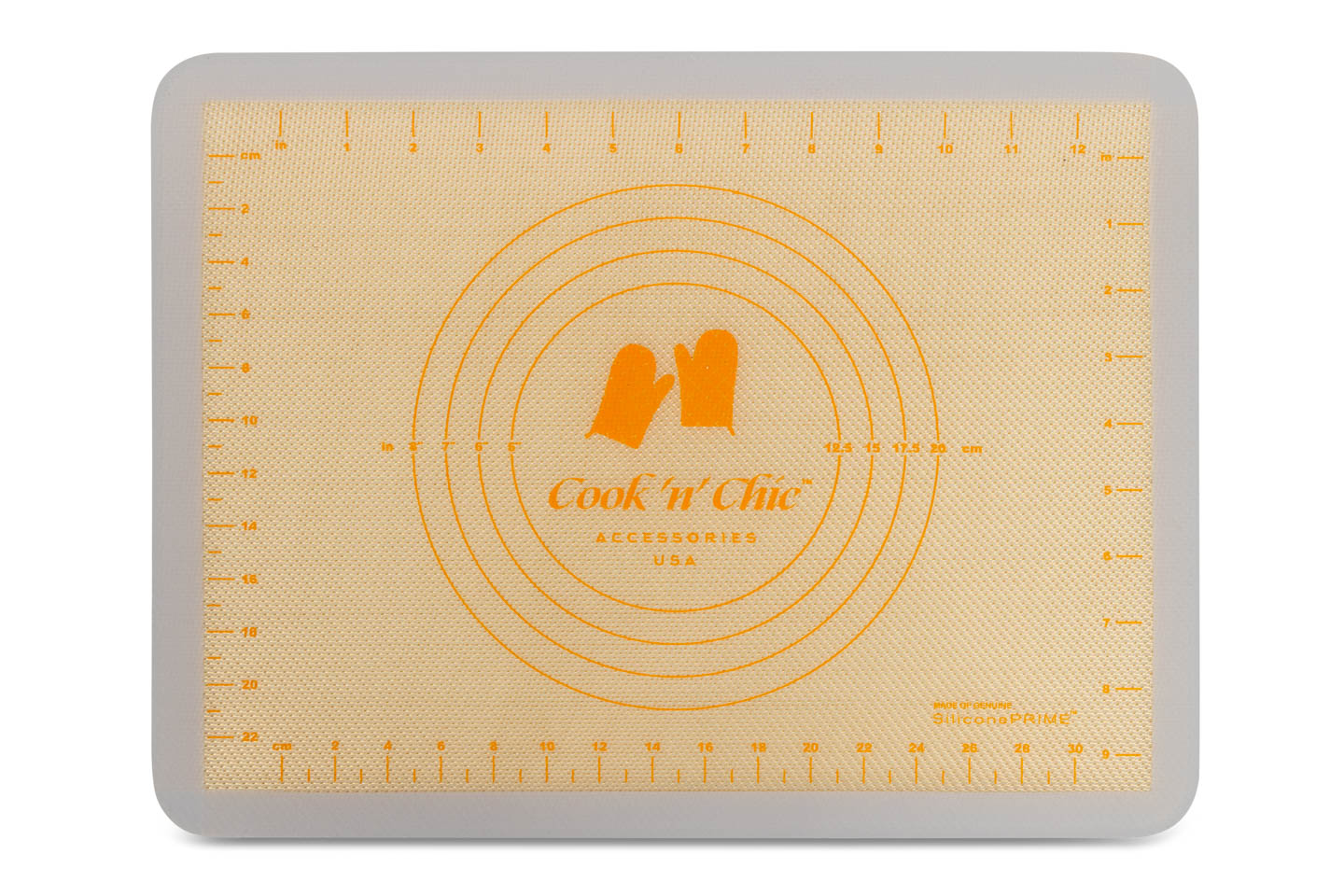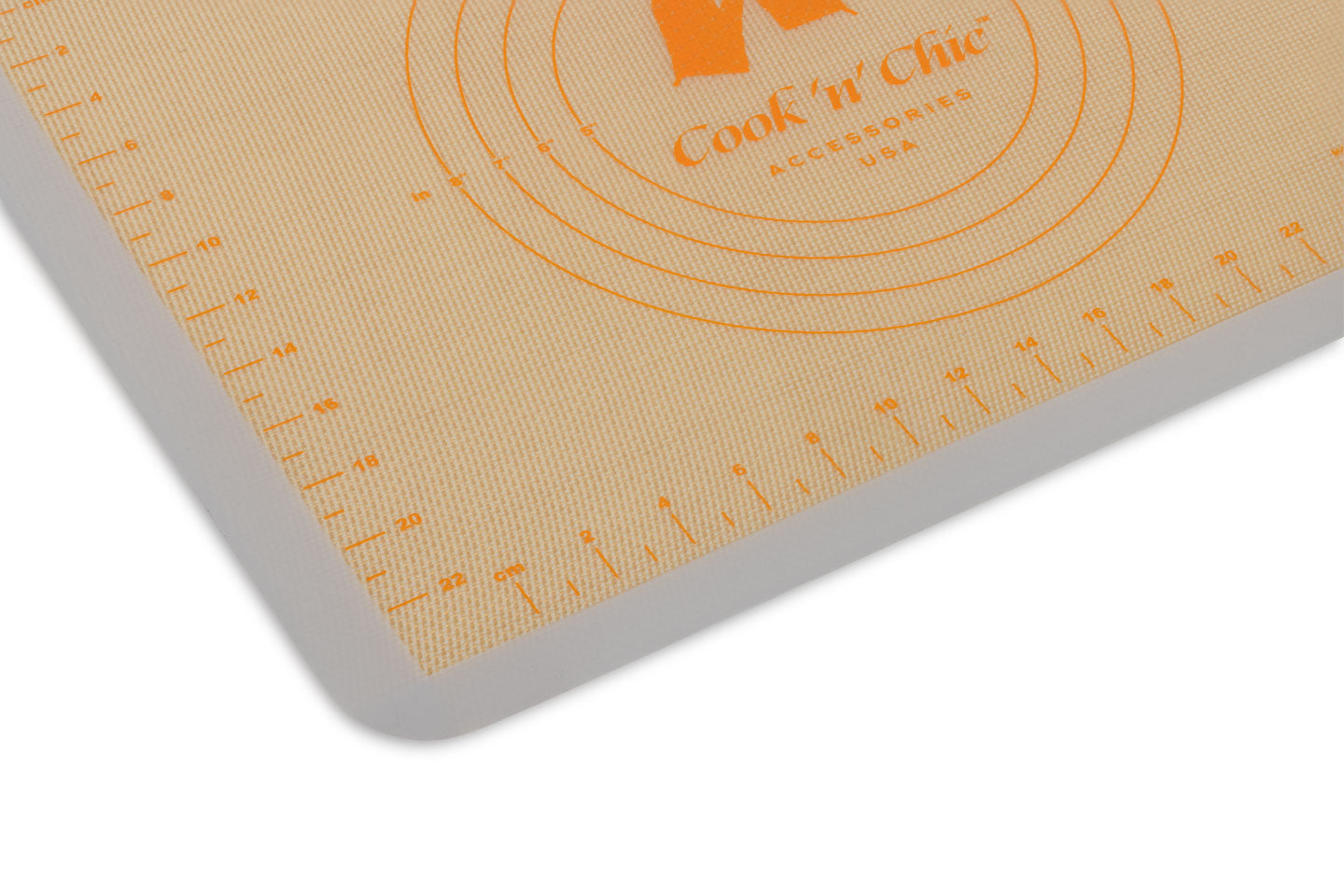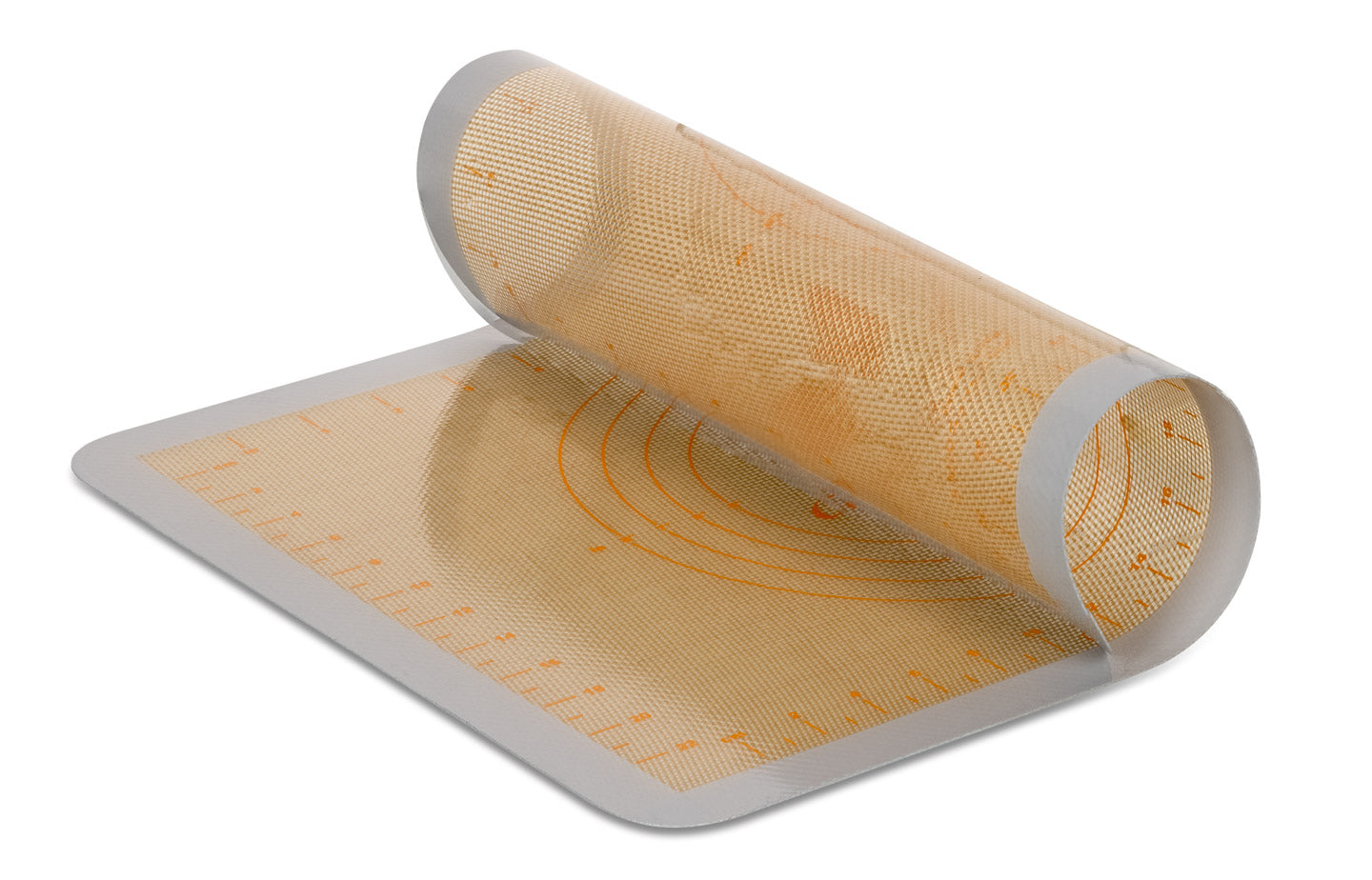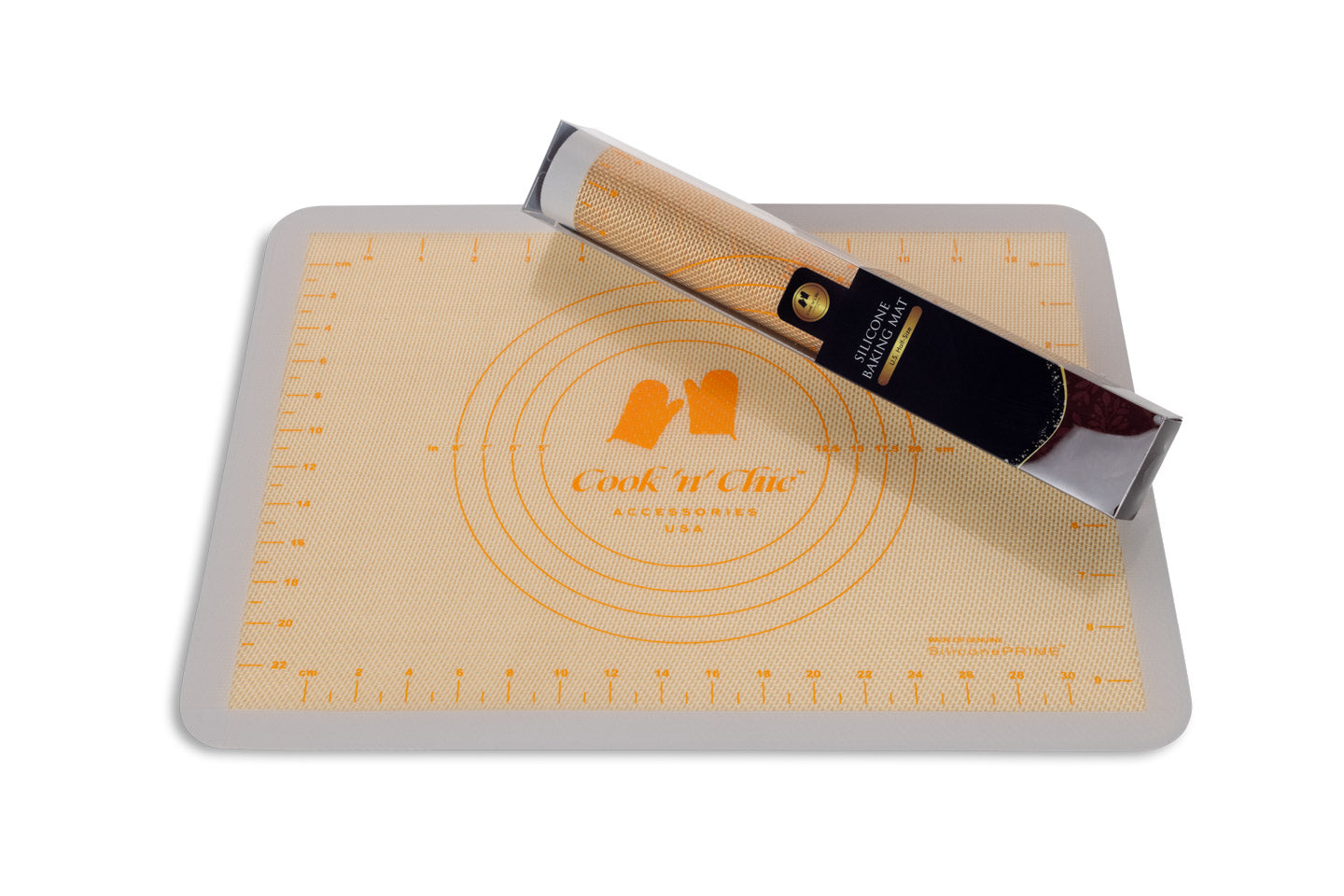What are silicone kitchen utensils and what are they made of
Silicone utensils are a modern kitchen essential. These versatile tools are made from a flexible and heat-resistant material that is able to withstand high temperatures without melting or deforming. Unlike other types of kitchen items, silicone is completely non-toxic, making it safe to use for cooking and food prep. In addition, the material is sturdy yet flexible enough to easily scrape away stuck-on food from pans and pots without damaging their surfaces.

The different types of silicone kitchen utensils
There are a variety of kitchen utensils on the market, each designed for a specific purpose. Some of the most common silicone tools include spatulas, whisks, and tongs. Spatulas, for example, are ideal for scraping food out of pots and pans, while silicone tongs are perfect for flipping burgers on the grill. Silicone brushes are also useful for applying condiments to grilled meats. Whisks can be used to incorporate air into batters and sauces. Tongs are great for picking up everything from broccoli florets to cooked chicken breasts, making them indispensable for busy kitchens.
Whether you're looking for new kitchen tools, silicone ones are sure to make your cooking experience more enjoyable.
Are silicone utensils recyclable
There is a lot of debate about whether or not silicone utensils are recyclable. On the one hand, many people argue that silicon is a non-renewable resource, and that we should do our best to reduce our environmental impact by reducing our reliance on this material for everyday products. However, others argue that it can be fully recycled, as it is made from a variety of different elements, including carbon, silicon and oxygen.
While there has been some research into the recycling of silicone specifically, there has been little investigation into the environmental impact of using it on an everyday basis. In this matter, we must pay attention to an important feature of this material - silicone is designed to last long-term, so it reduces waste in the long run.
Are silicone utensils better than plastic
Silicone has long been a popular material for kitchenware, and its versatility is one of the main reasons why it is so widely used. They are easy to clean and capable of withstanding high temperatures. Additionally, silicone does not leach toxic chemicals into food or release harmful fumes when heated, making it a healthier choice than plastic. So it seems clear that silicone outperforms plastic in virtually every aspect, making it the superior choice for kitchen tools. In short, if you care about your health and want quality kitchen utensils, go for silicone over plastic every time!
Do silicone utensils melt
Silicone is a heat-resistant material that can withstand temperatures up to 450 degrees Fahrenheit. So, whether you're cooking on the stovetop or in the oven, you can rest assured that your kitchen tools will stay intact. So, if you're looking for cookware that can stand up to the heat, silicone is the way to go.

Where to buy silicone cooking utensils
Whether you're sautéing vegetables in a hot pan or stirring a bubbling pot of soup on the stovetop, silicone utensils offer the perfect combination of strength and flexibility. And with so many different styles and shapes available, you can be sure to find utensils that perfectly suit your needs. So if you're looking for top-quality cooking tools that will last for years to come, be sure to check out our 5-Piece Silicone Cooking Set with 100% siliconePRIME™ shell available online today. Your next great meal is just around the corner!
Wood vs silicone utensils
Both have their pros and cons, so it's important to know the difference before making a purchase.
Wooden utensils are the traditional choice for many cooks. They're sturdy and can last for years with proper care. Wood is also a natural material, so it's more eco-friendly than plastic or silicone. The downside of wooden utensils is that they can be absorbent, so they need to be washed carefully after each use. They can also be damaged by heat and water, so they're not ideal for all cooking methods.
Silicone utensils are a newer option that has become popular in recent years. Silicone is non-stick and heat-resistant, so it's easy to use and care for. They are also less likely to break than wood or metal ones. However, it is also a synthetic material, so it's not as eco-friendly as wood.
Nylon vs silicone cooking utensils
Both materials have distinct advantages and drawbacks, making it difficult to definitively say which one is better. On one hand, nylon tends to be more durable and heat-resistant, making them a good choice for high-temperature cooking methods like searing or frying. However, they are also prone to scratches, which can create a haven for bacteria and make them less sanitary than silicone utensils. In contrast, silicone is generally softer and more flexible than nylon, making it an excellent choice if you're handling delicate foods or dealing with smaller pans or pots. Additionally, silicone does not scratch as easily as nylon, meaning that bacteria are less likely to build up over time when using these tools.
How to get smell out of silicone utensils
Only low-quality silicone bakeware can cause such problems. But still there are a variety of effective ways to get that smell out and keep your cooking tools fresh and odor-free. One popular solution is to soak the utensils in a mixture of vinegar and water overnight. This will help break down any food residue, leaving your utensils clean and ready for use. Another option is to run the utensils through the dishwasher, as high temperatures can also help to safely remove odors from your tools. Whatever method you choose, just be sure to take care of your silicone utensils regularly so that they always look and smell their best in the kitchen!

Do silicone utensils stain
Some people worry that silicone utensils might stain. While it is true that silicone can pick up pigment from colored foods, it is not necessarily true that these stains will be permanent. In most cases, a little soap and water will be enough to wash away any discoloration. For particularly stubborn stains, you may need to use a small amount of rubbing alcohol. As a general rule, it is best to avoid using silicone utensils with very acidic or very alkaline foods, as these can cause the material to degrade over time. With proper care, your silicone utensils should remain stain-free for many years to come.
In conclusion: The main benefits of using silicone kitchen utensils

When it comes to cooking, having the right tools can make all the difference.
- Silicone kitchen utensils are a popular choice for many home cooks, thanks to their versatility and durability. Unlike other materials, silicone won't scratch your cookware, and it's heat-resistant, so you won't have to worry about warping or melting.
- In addition, silicone is non-stick, so you can say goodbye to messy cleanups.
- Best of all, the material is extremely easy to care for - simply wash it with soap and water, and it will be good as new.
With so many benefits, it's no wonder silicone utensils are a top choice for home cooks everywhere.
